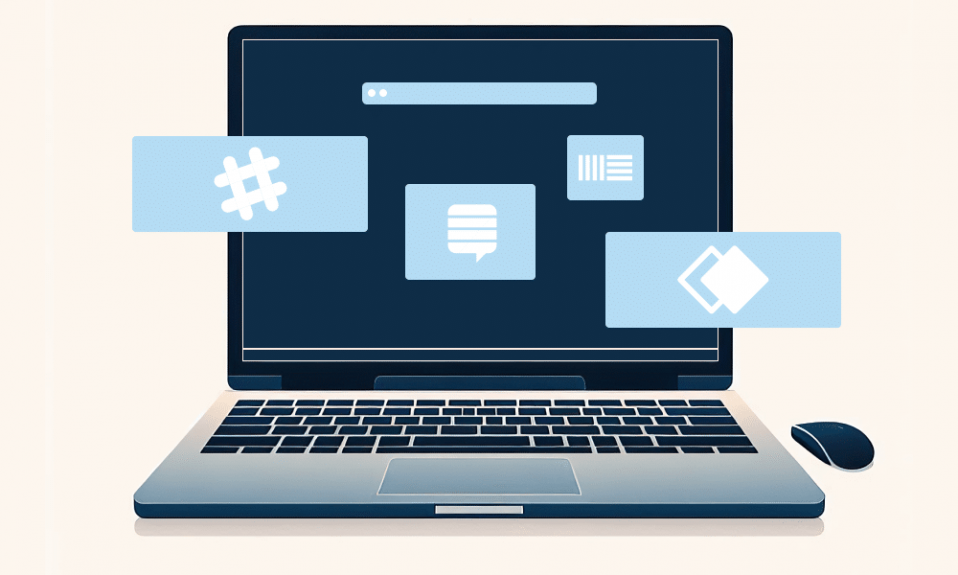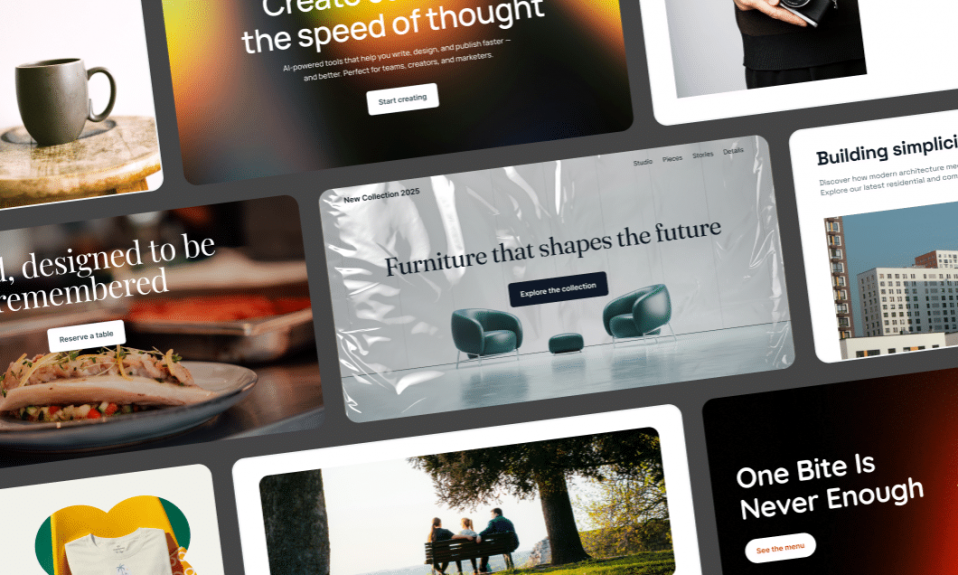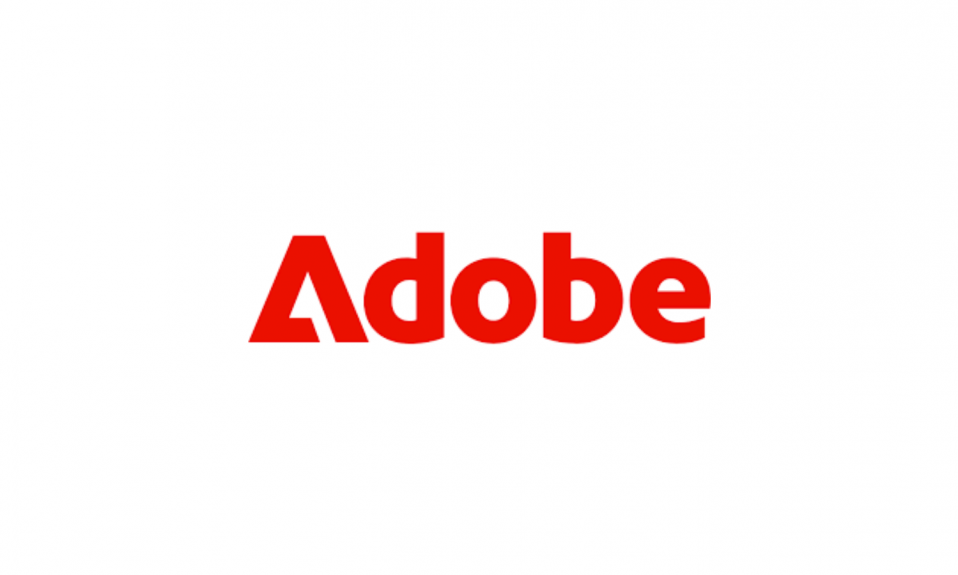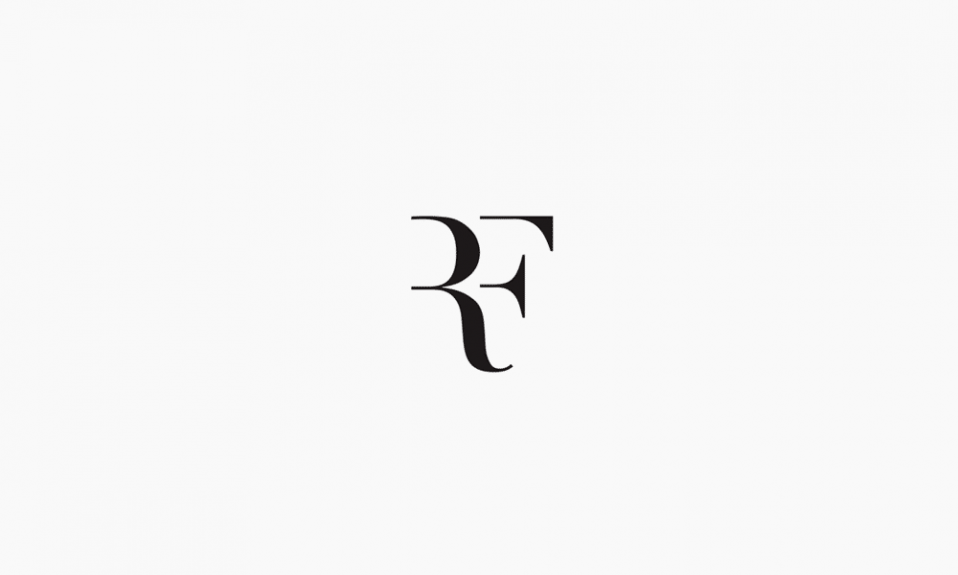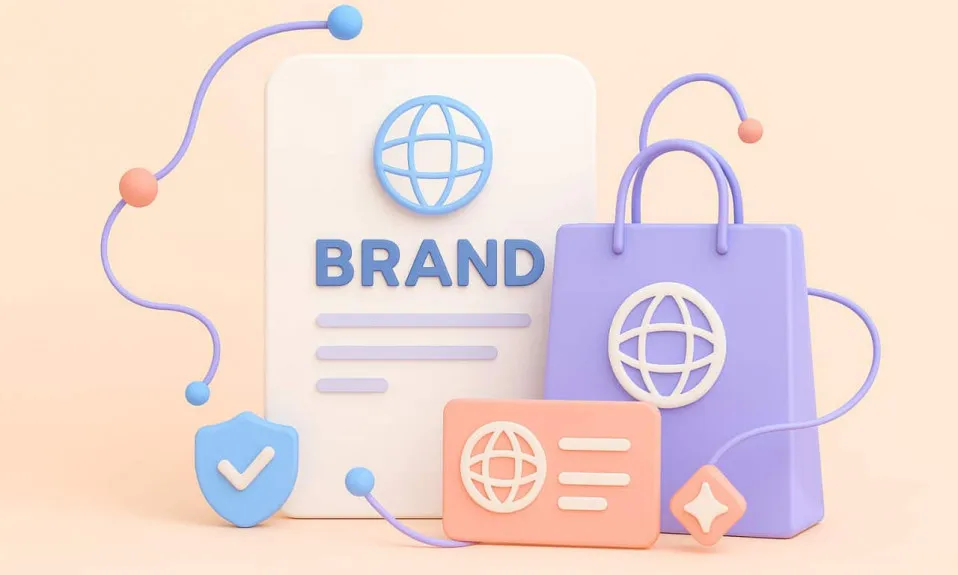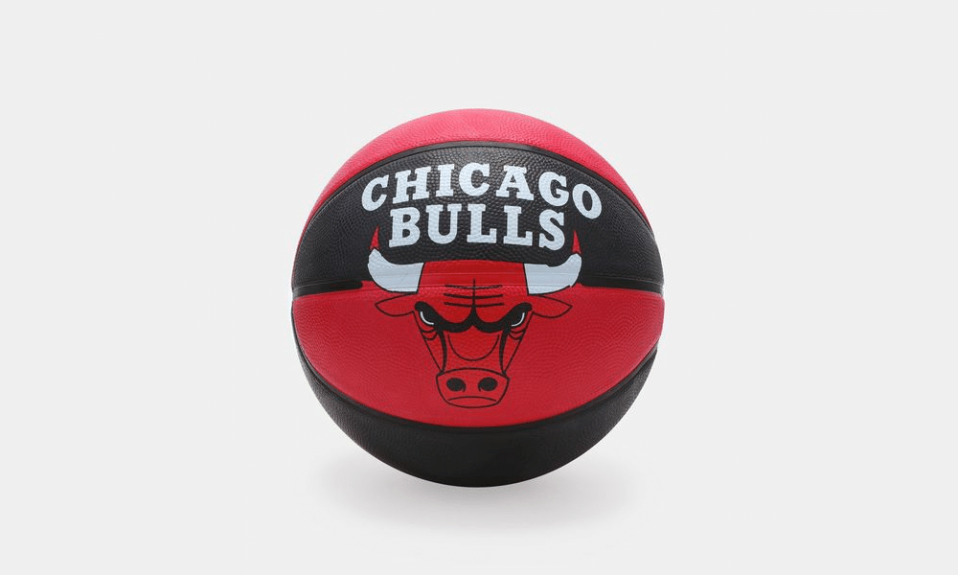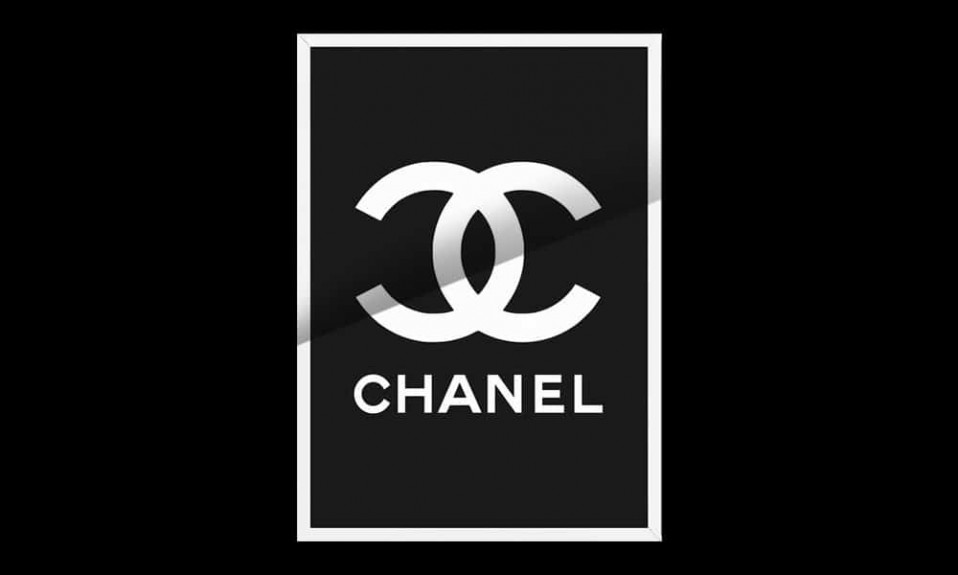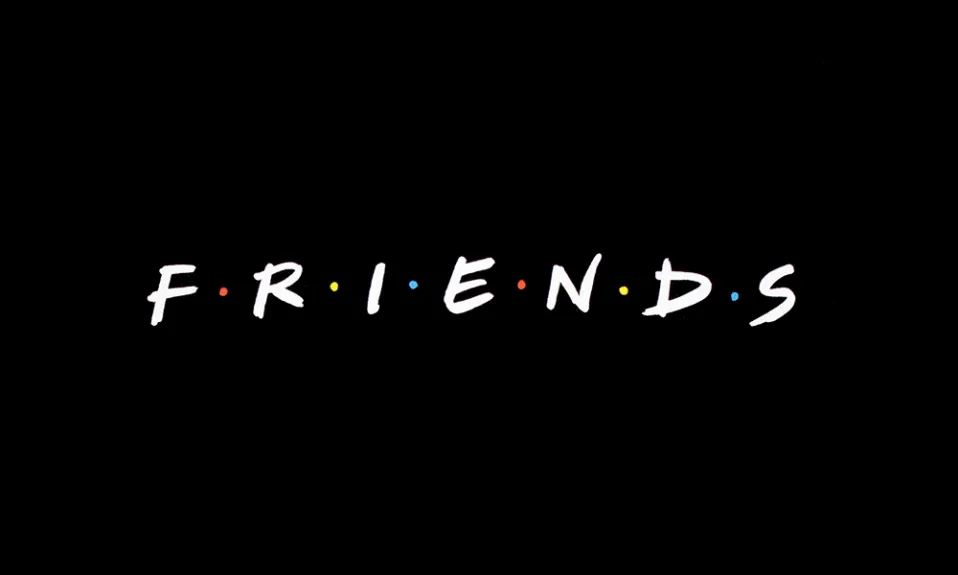The need to have a creative logo is essential for any brand that does not want to tread water.
The idea of choosing a logo must be approached with the utmost thoroughness, as this is an element of the brand identity most often seen by all interested parties, especially the global community.
Let’s understand the features of logo design and take a look at the most successful logo inspiration cases.
Table of Contents
What is logo?
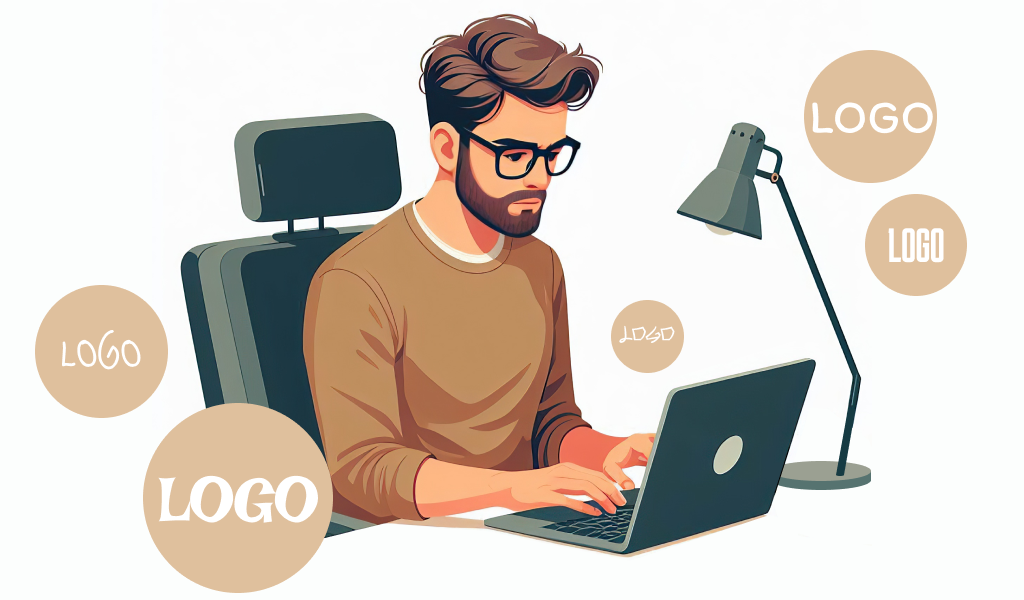
A logo is the main symbol of a company’s visual identity. It represents a word, emblem or sign that is unique and is a graphic identification of the company. It is placed on the company’s products and used in advertising and merch.
Logos can be very different: they can consist of text (for example, a company name) or be entirely graphic. Combination options are also popular. Such brand logos could include both a drawing and an inscription, which in different cases can be used separately on advertising images.
The term itself appeared in the 19th century. At that time it was a combination of a couple symbols of a typographic font. In the 20th century, the concept of brand identity design became broader and denoted a stylized font spelling of the name of the business.
What is it needed for?

Logos and branding are important for many reasons. First, they help establish brand awareness. When people see your logo, they automatically associate it with your company and what you offer.
Secondly, they help you stand out from competitors. A smoothly-designed logo can attract attention and leave consumers with a positive impression of your brand.
Finally, logos and branding help communicate a brand’s image. They can convey your company’s values, tone, and personality, helping consumers understand what they can expect when interacting with you.
How to choose a logo

It is important to decide on the main elements and symbolism that will be used in the logo. You can use abstract shapes, graphic elements, letters, or a combination of these. The elements you select must be related to your business or reflect your brand.
- Devise your own logo concept
When developing a logo concept, it is advised to set up the color palette that will be used in the logo. Colors can affect perception and be associated with certain emotions and sensations.
- Choose colors that reflect your company and its values
It is important to remember to keep it simple. The absence of unnecessary details and overload with graphic elements on visual identity will make it easy to recognize your logo and see it in different conditions and sizes.
When developing your logo concept, also consider the typography and fonts that will be used in it. Choose a font that matches your style and brand personality, and ensures your logo is readable and unique.
Don’t forget that the logo concept should provide a unique identity and be different from competitors.
- A preliminary idea
Take into account some elements embodying your brand identity: iconic fonts like san francisco, the color palette that you like the most, the shape and silhouette that you would like to see for your logo… Have an idea of the look you want to achieve will help you get the most out of your experience with logo designers. This will allow you to work with elements that suit you and focus on a meaningful design, rather than being overwhelmed by options that don’t match your expectations at all.
Great logo traits
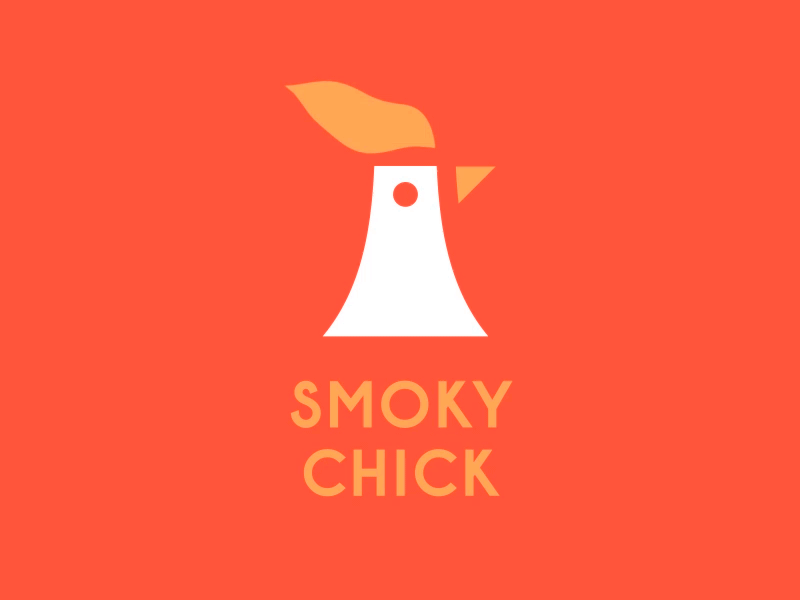
- Uniqueness.
The logo should be unlike any other. This helps you stand out from competitors and be recognizable to customers. This doesn’t mean you can’t use similar elements.
For example, Windows also uses four squares in its logo, but it is unlikely that anyone will argue that the logos are similar.
- Associative.
A good logo evokes associations with the work of the company and the ideas of the business.
- Secret meaning, zest.
It’s great if the logo has a detail that no one except its authors is aware of. This will be an occasion to tell the story of the appearance of this element.
- Memorability and simplicity.
People won’t have time to either see or remember a logo with a lot of details and complex colors. The outline of a well-designed logo should be easily identifiable to the audience.
- Convenience.
The creative logos should be convenient to use when creating company merchandise. To do this, it must be easily placed on flash drives, bags, pens, T-shirts, and diaries.
Use a suitable color palette
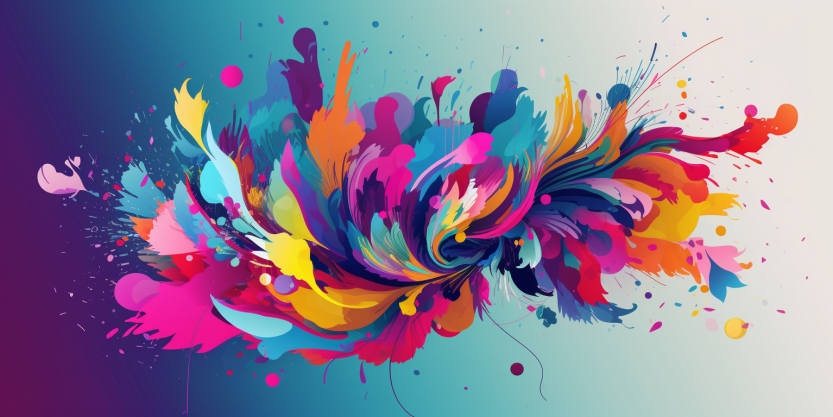
The success of the business up to date depends to some extent on the choice of logo color. It is necessary to devote time and effort to the selection of colors that are optimal from the point of view of psychological perception.
Think about color combinations. Some combinations have more artistic symbolism than a single color. Don’t be afraid to experiment and mix, it’s a simple task.
Consider the following factors.
1. Brand compliance

Colors should reflect and support your brand image and values. For example, if you sell children’s products, bright and pastel colors may be more appropriate, while for a financial company, calm and serious colors will be suitable.
2. Psychology of color
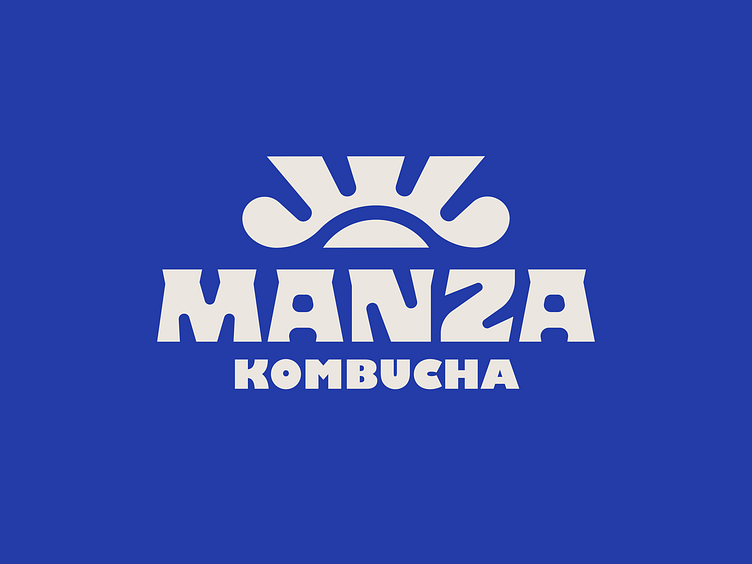
Right color combination may make creative logo designs memorable for people. For example, red can evoke emotions of passion and strength, green – calm and naturality. Research the psychology of colors and choose those that suit your brand and its goals.
3. Limit the number of colors
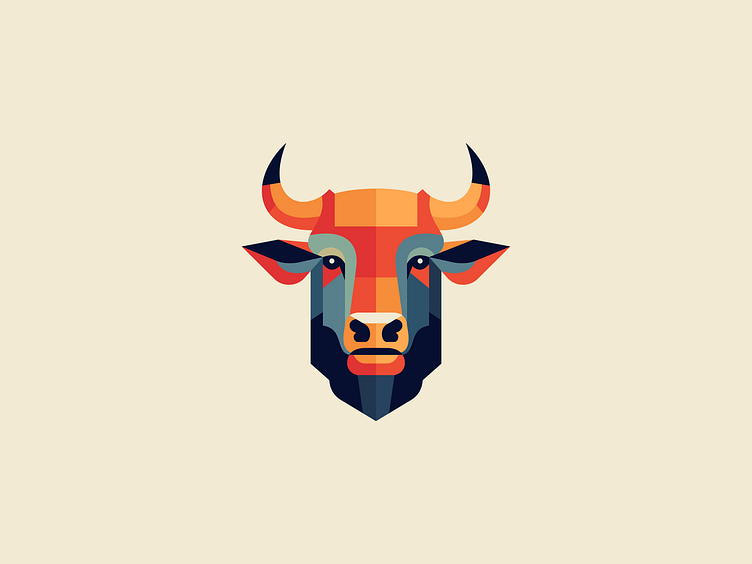
It’s best to choose no more than 3-4 primary colors for logo design color palette. Сolor abundance on the logo’s icon for example looks complex, confusing, and difficult to perceive.
4. Color ratio
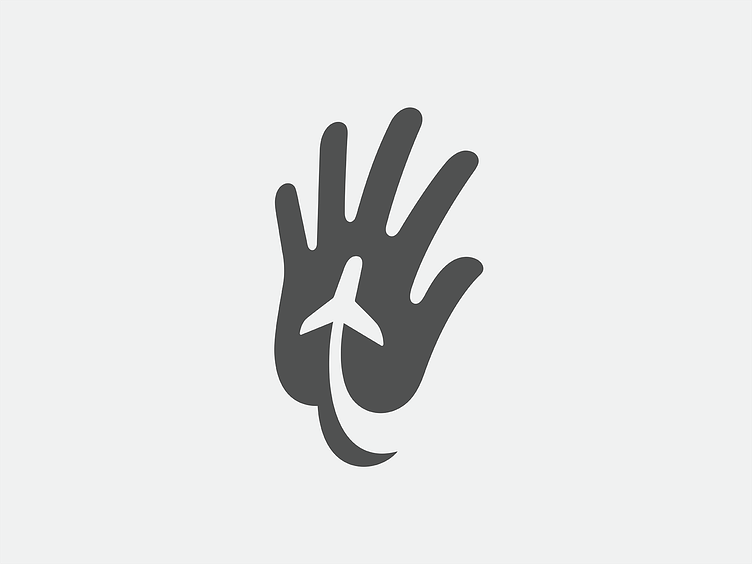
Pick colors that mix well together and create a balanced visual impression. Please note that color combinations entail different effects – contrast, harmony or dynamics.
Remember that your logo’s color palette should turn out not only aesthetically pleasing, but also be consistent with your brand and its goals. Use the right colors to grab attention and create a positive feeling in your customers.
Where to find logo inspiration?
The choice depends on your budget and logo requirements. Regardless of who will create the logo, it’s important to set your expectations, values, and goals.
- Freelance platforms
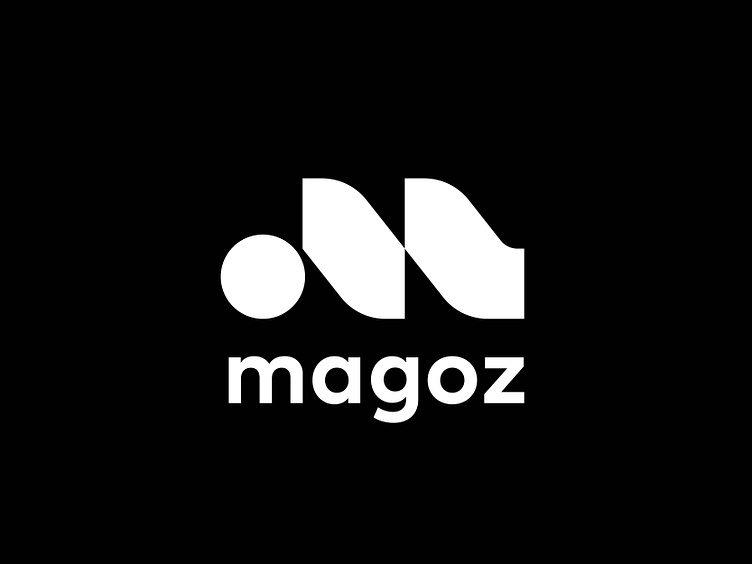
There are websites where freelance designers offer their services. You can choose a graphic designer you like and negotiate with him to come up with an abstract logo for brand identity.
- Branding agencies
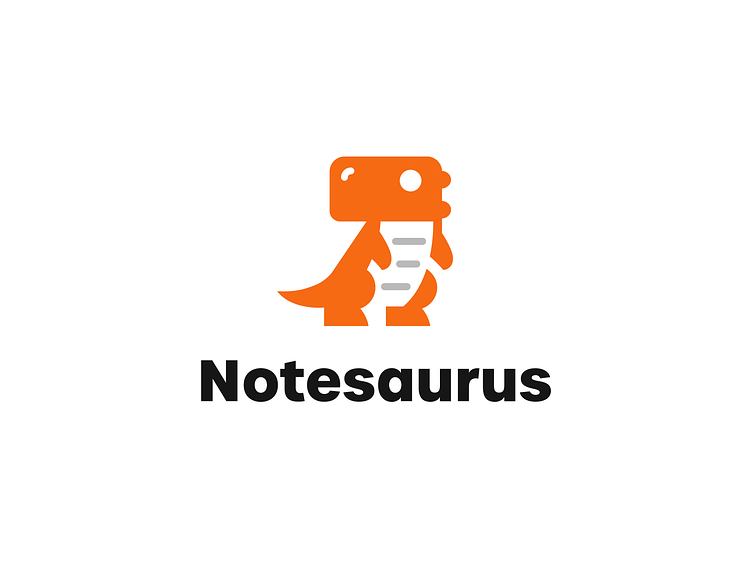
These are companies specializing in creating brands and business logos. You can browse their creative logo designs and borrow some ideas or get inspired.
- Online design services.

Many sites provide tools and illustration templates for creating your logo. You can use them if you are on a budget, just sign up for free.
- Specialized websites
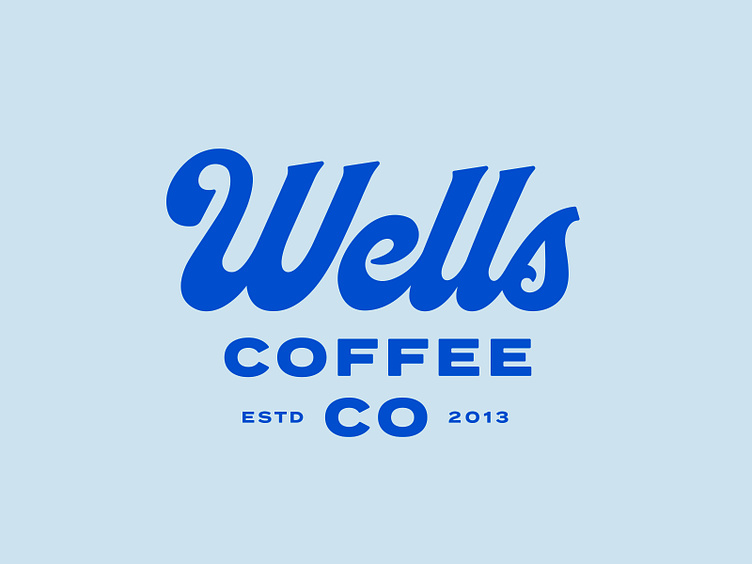
There are also specialized websites for right customers dedicated to logo design and graphics in general. Here you can find galleries of work, inspiration making and forums where designers share their ideas. Such websites will help you stay aware of the latest trends.
Reviewing other designers’ work is an important part of the process of making a unique logo. However, remember that your goal is not to fully copy someone else’s ideas, but to find inspiration and create your strong brand image in real life.
- Best logos design online stocks
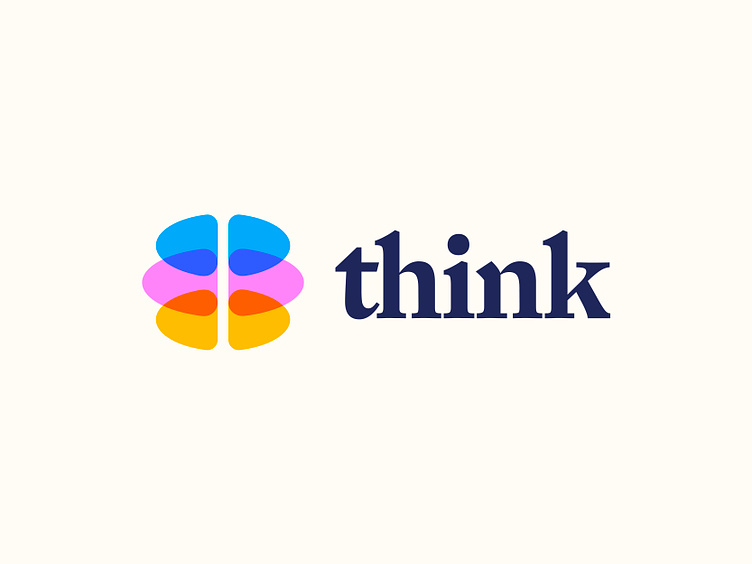
Visiting online platforms with professional designer portfolios will allow you to see a wide range of work in different styles and negative space. You can find images on sites like Behance or Pinterest. There you will find a lot of inspiration and can learn more about the techniques and approaches used by other users.
Logo ideas
Ideas for creating a logo can be drawn from a variety of sources. One of them is studying competitors for creative inspiration. It also makes sense to check logos from professionals around the world.

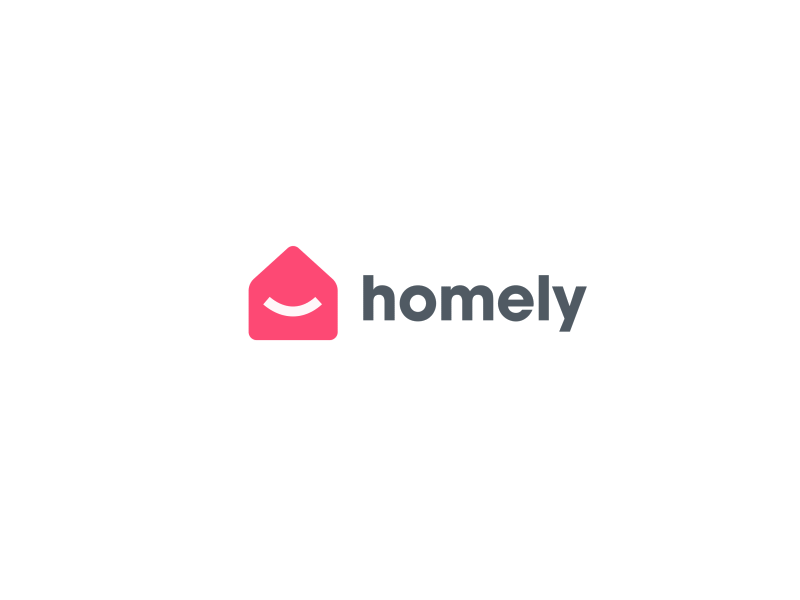
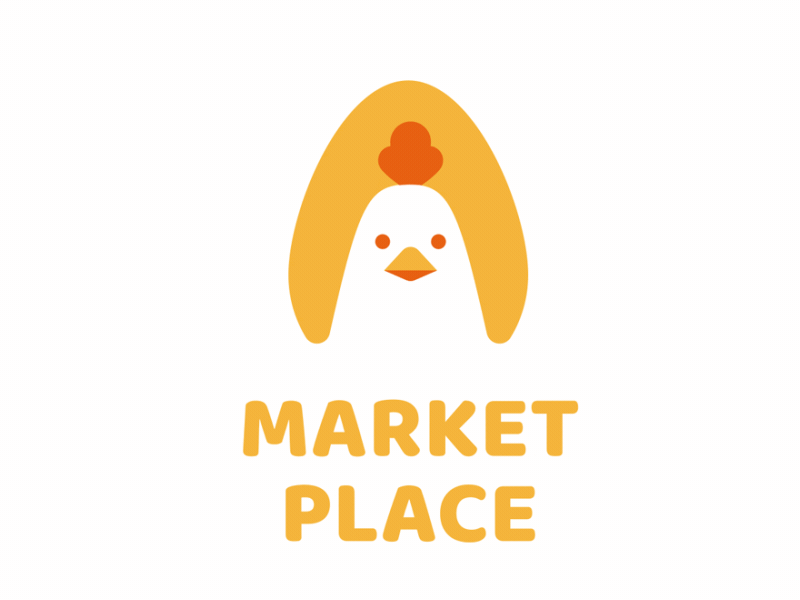
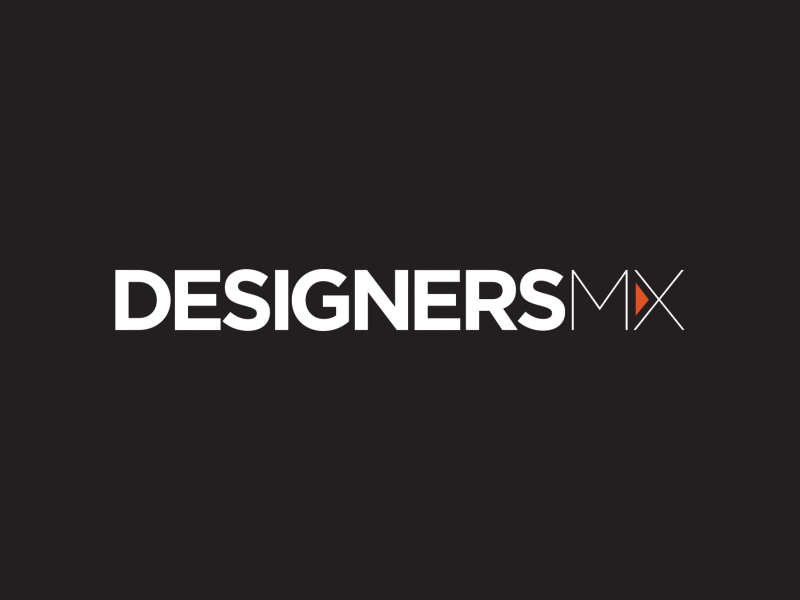

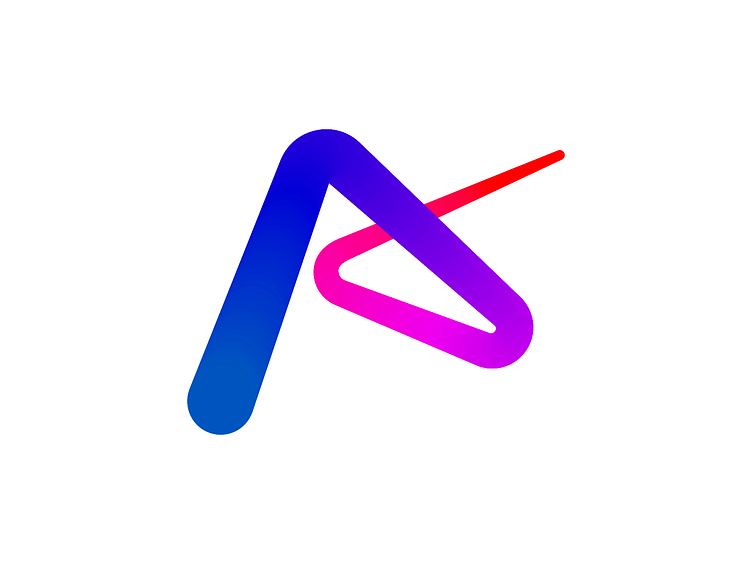
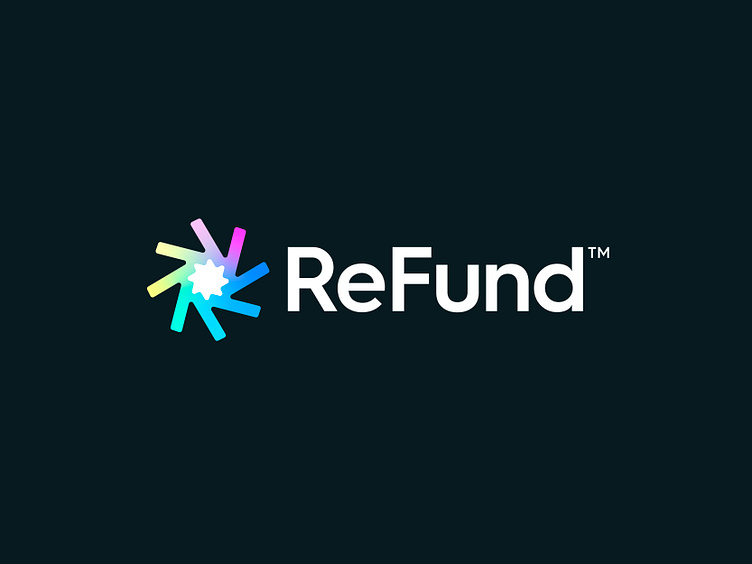


Logo by Dmitry Lepisov for Lepisov Branding
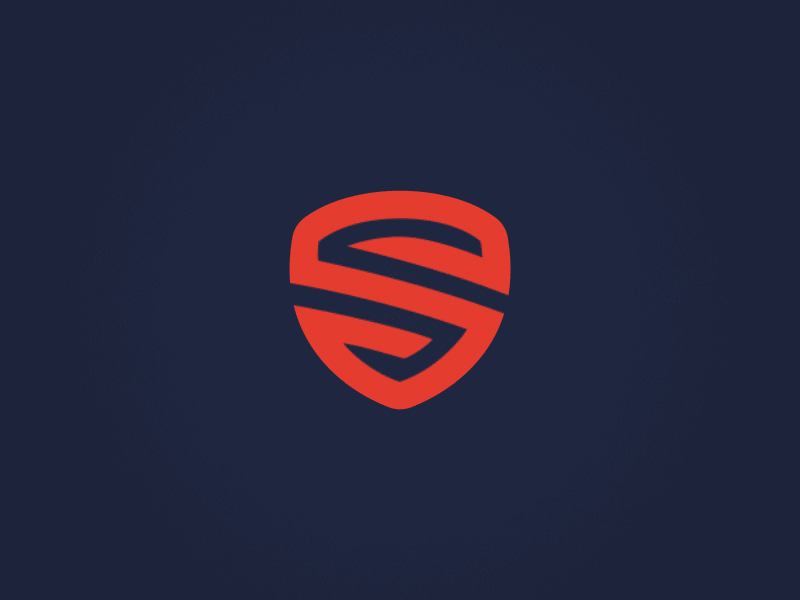
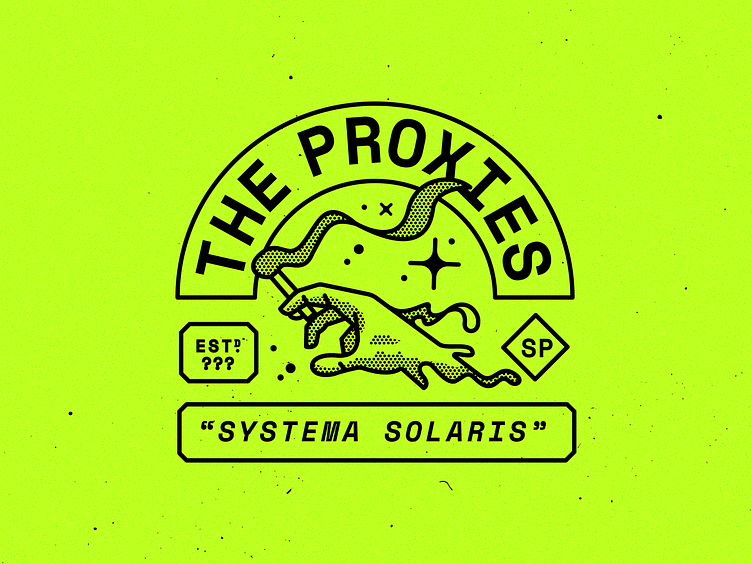
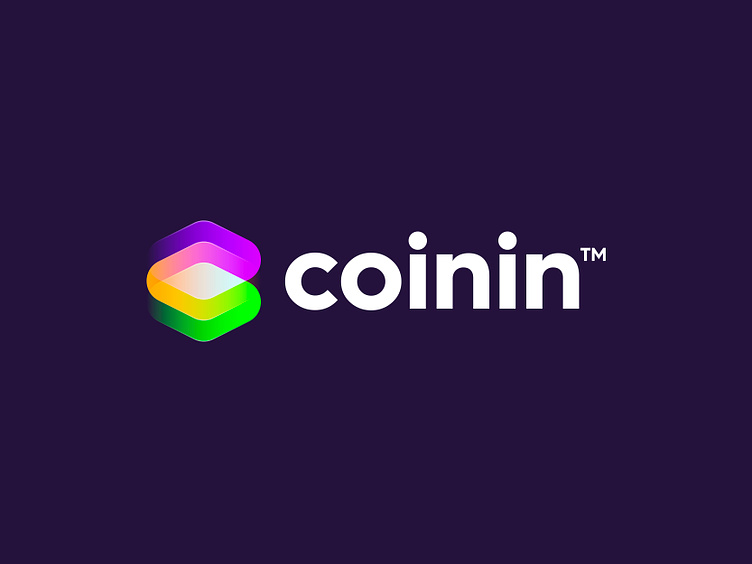
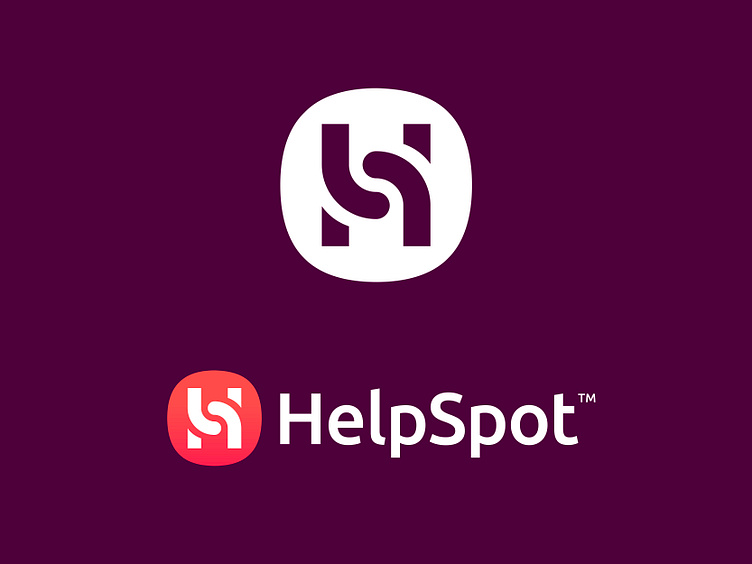
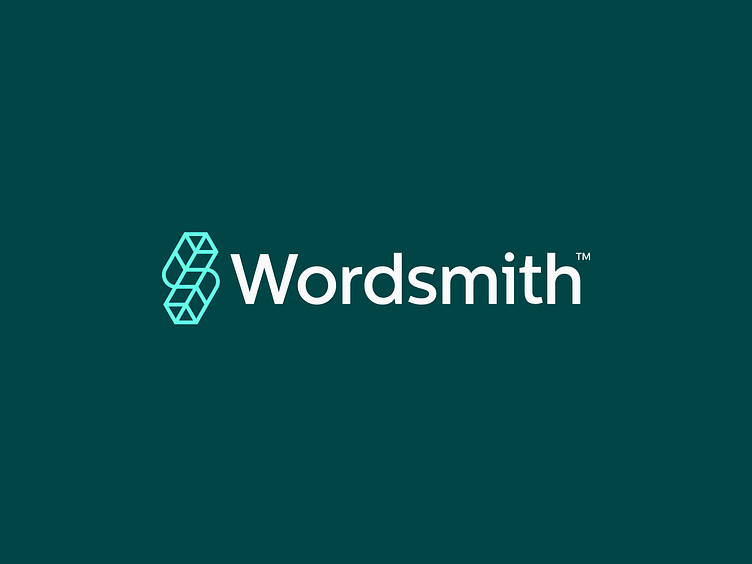
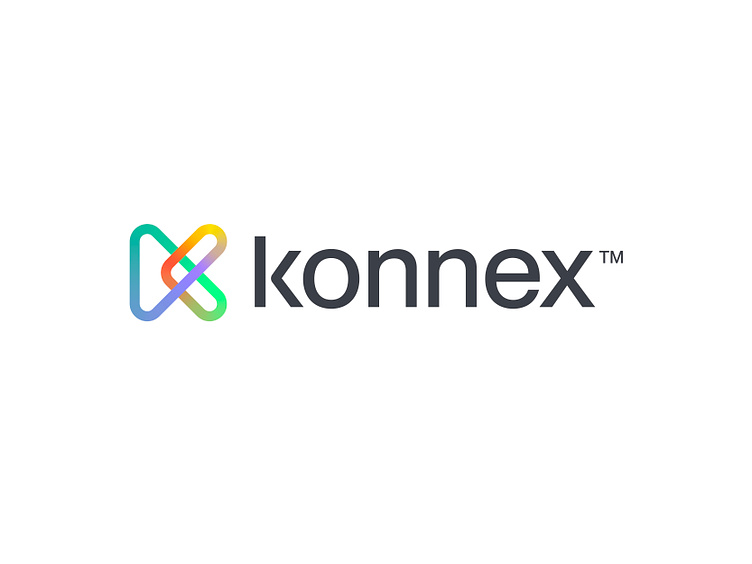
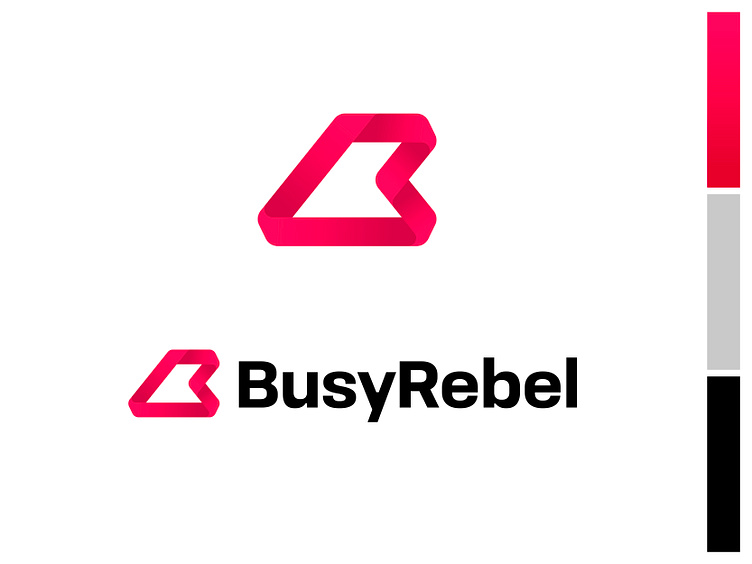
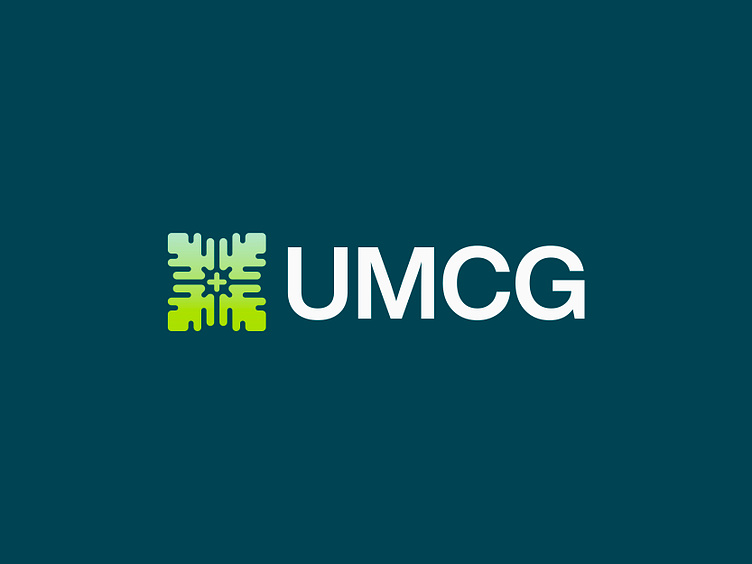
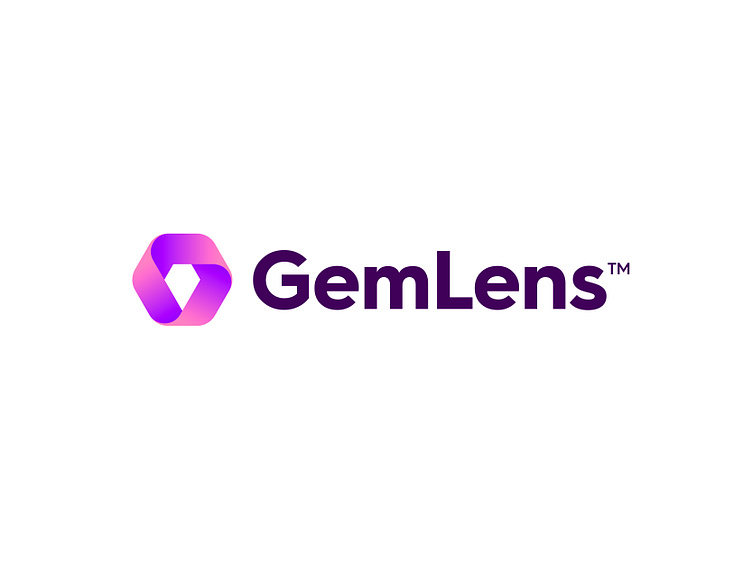
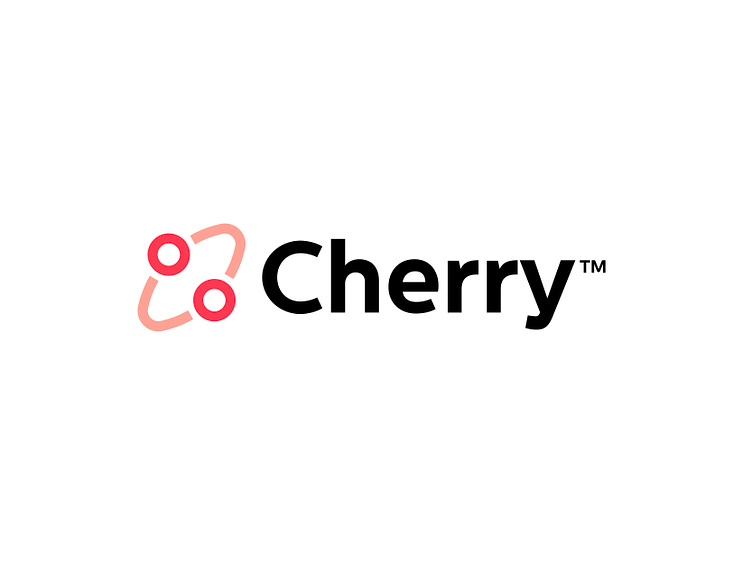
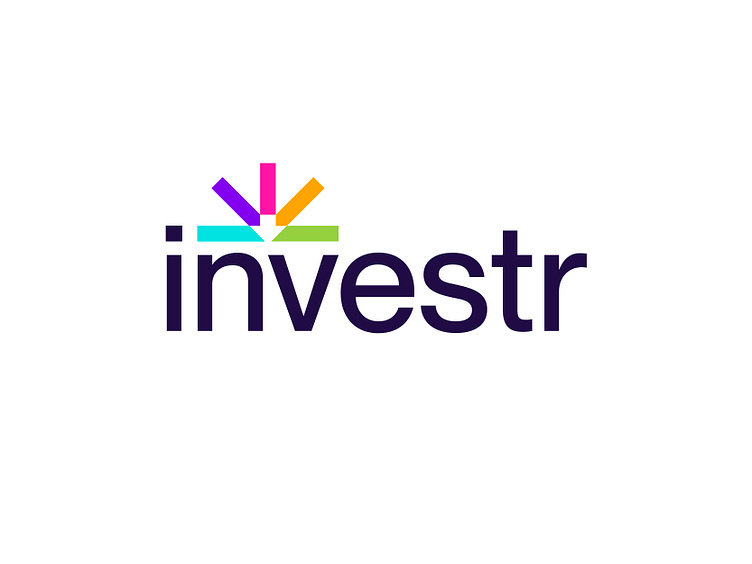
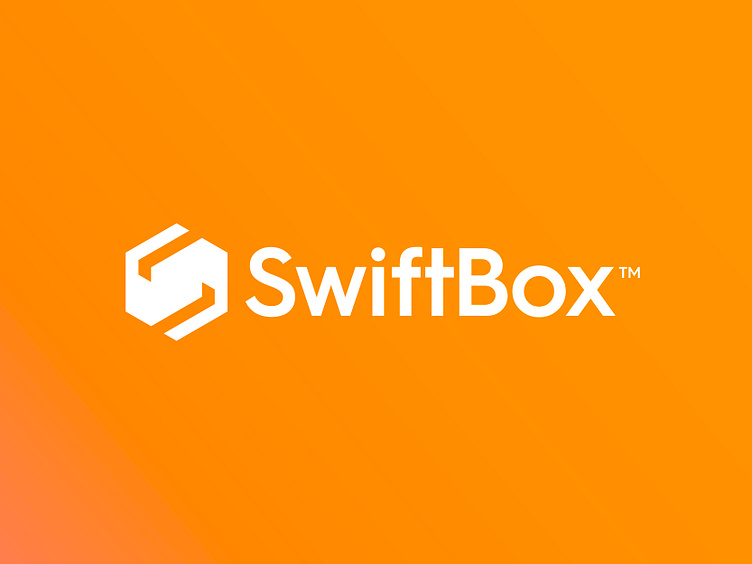
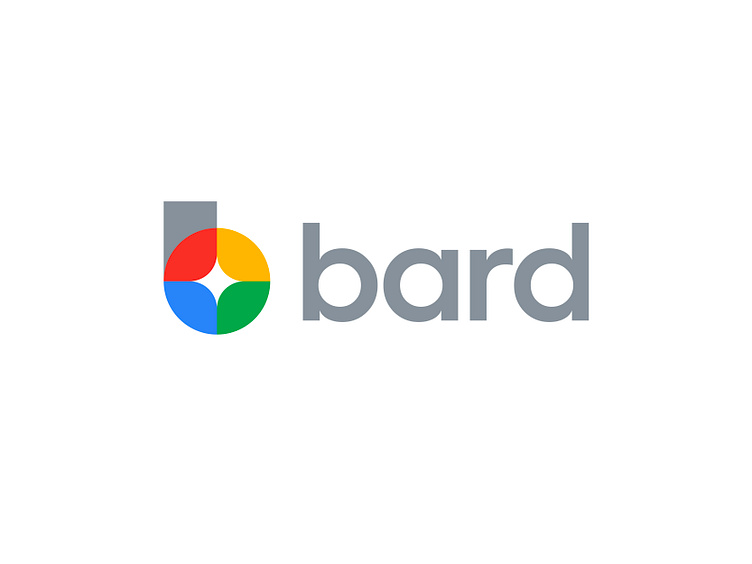
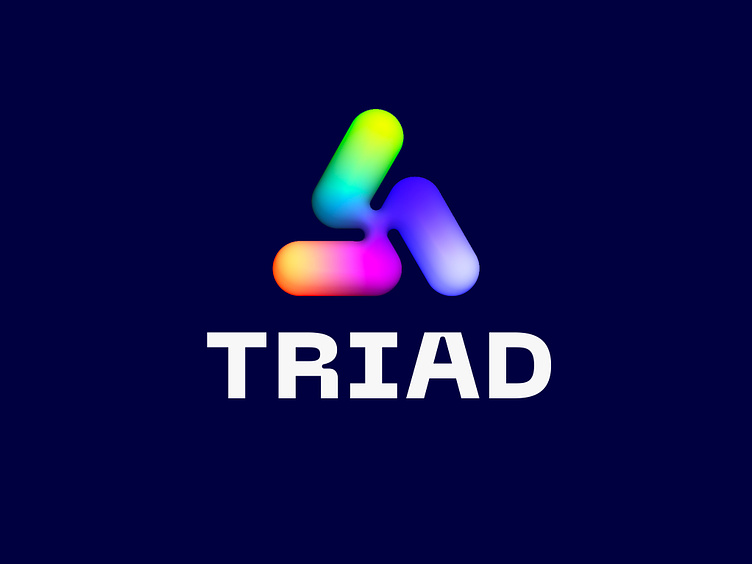

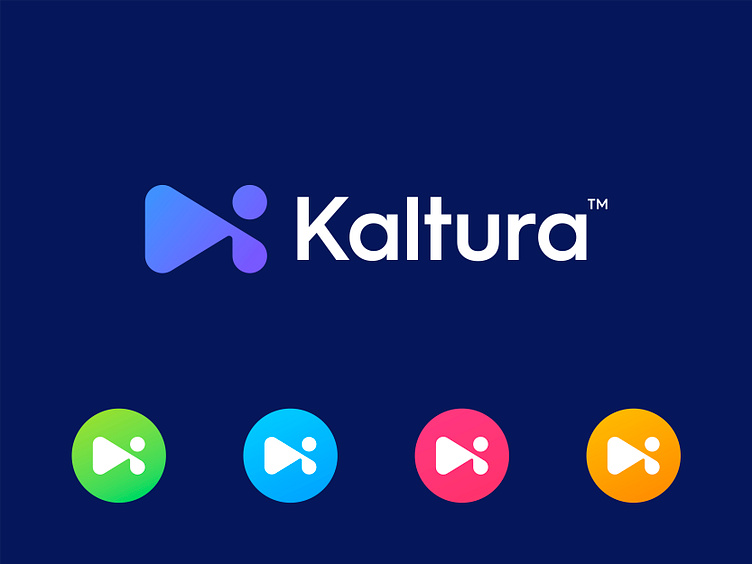
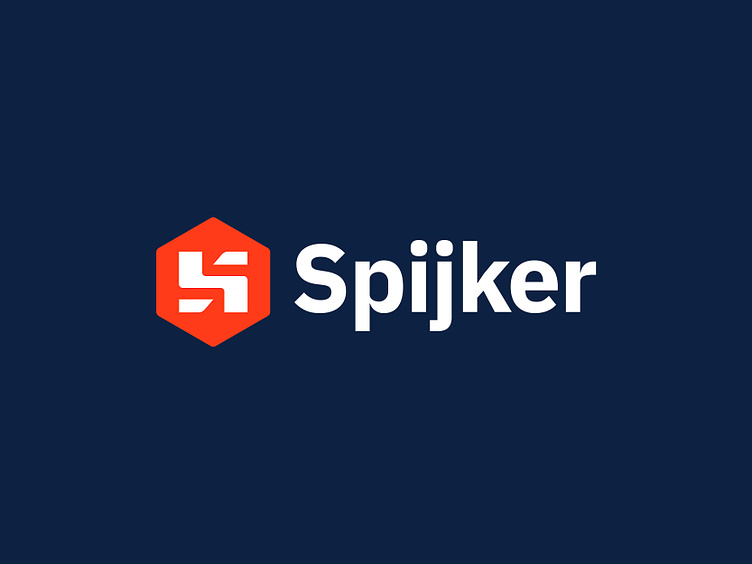
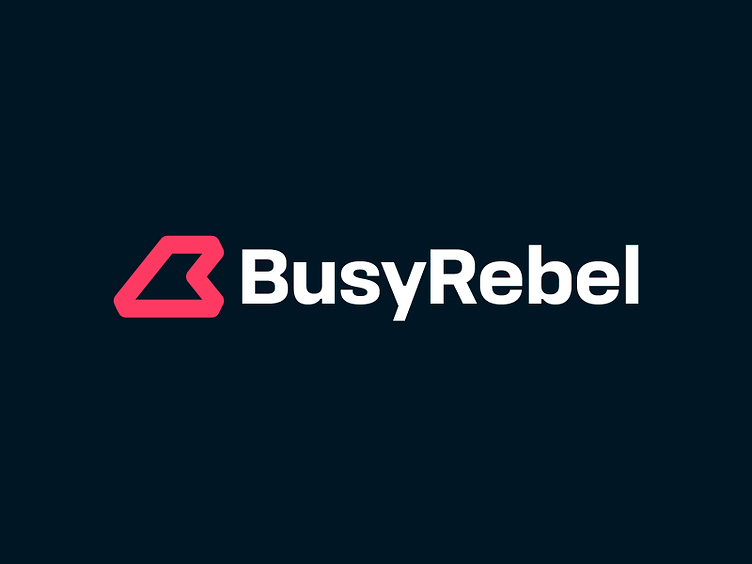
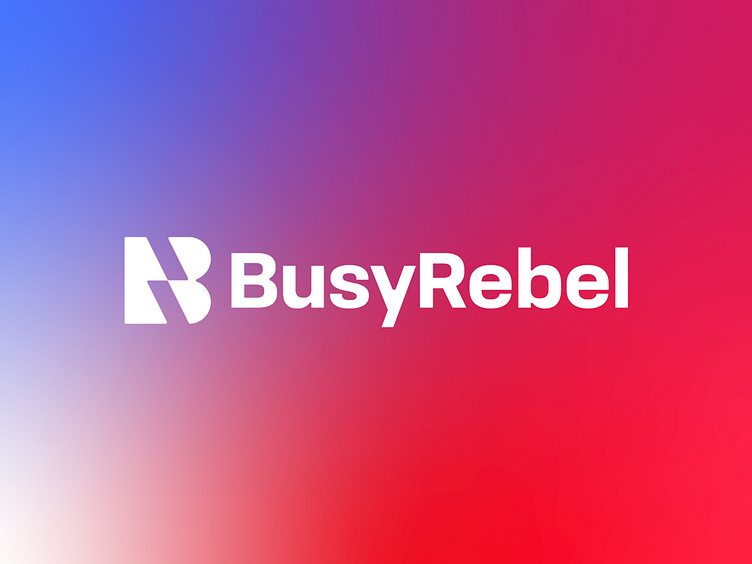


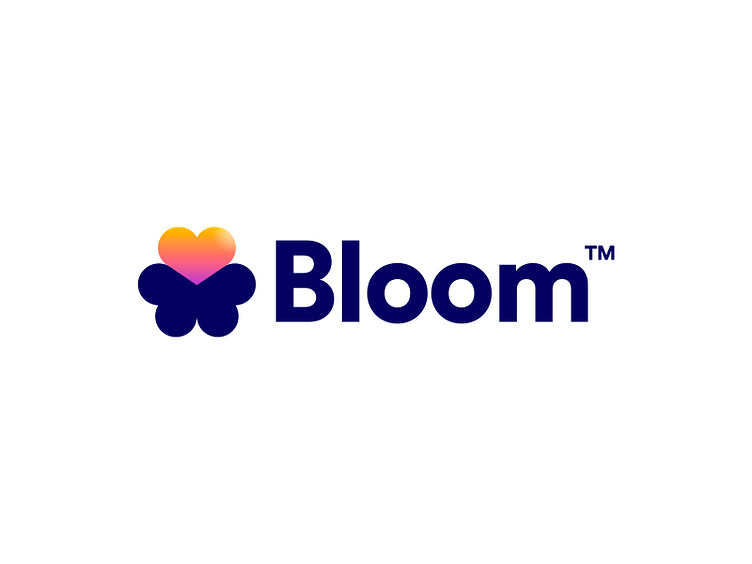

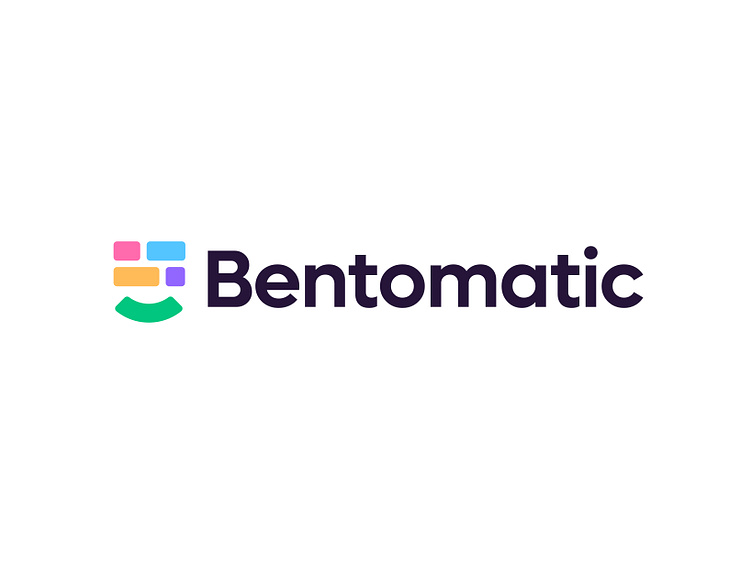

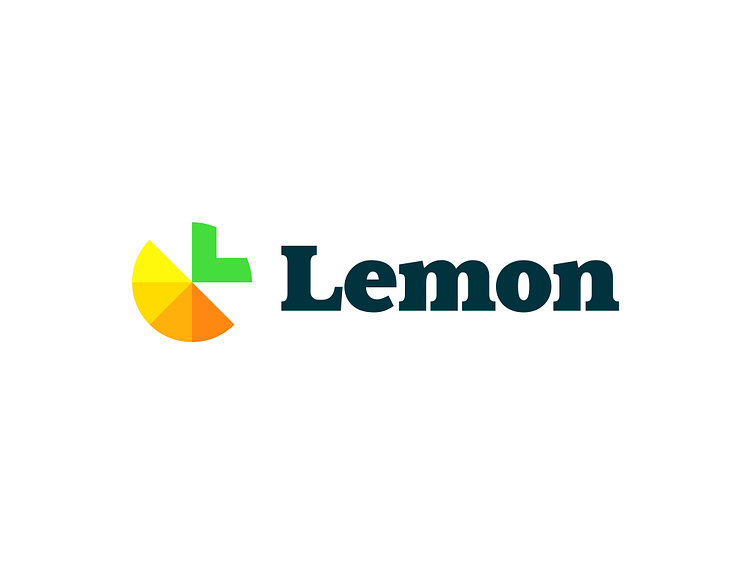
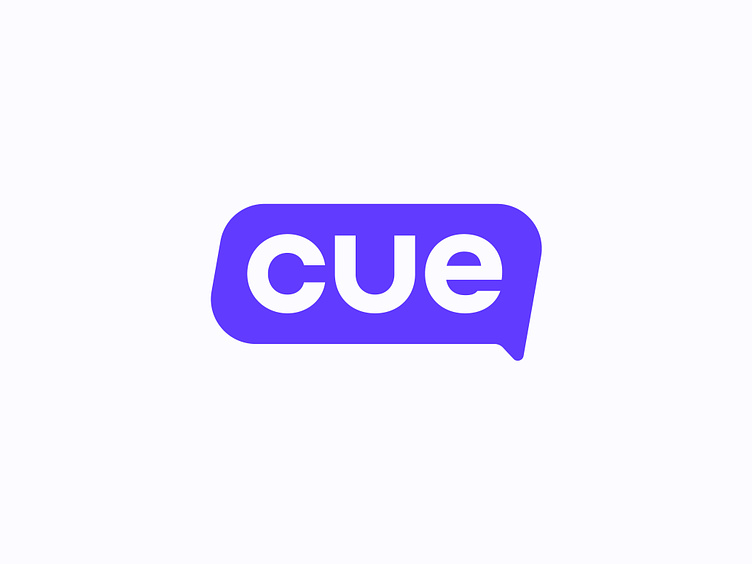

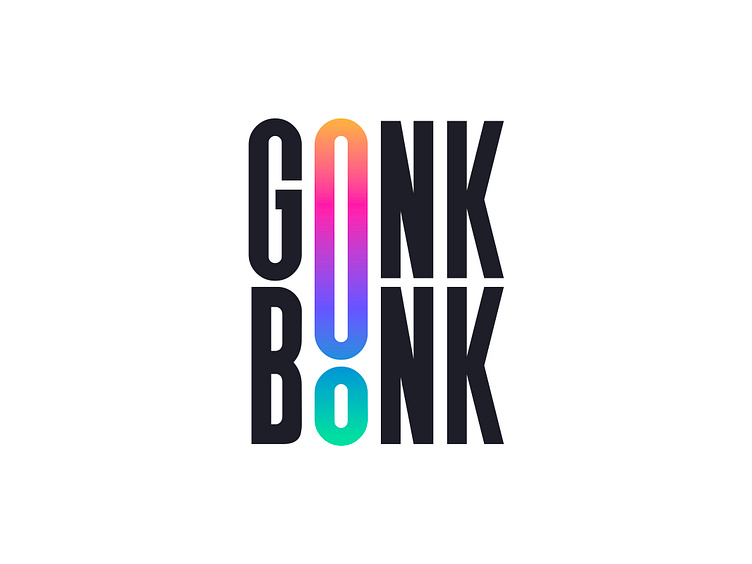

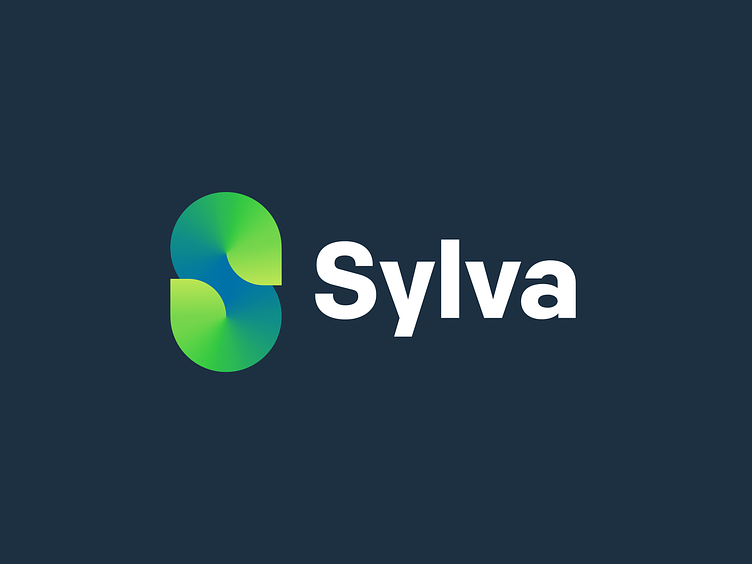
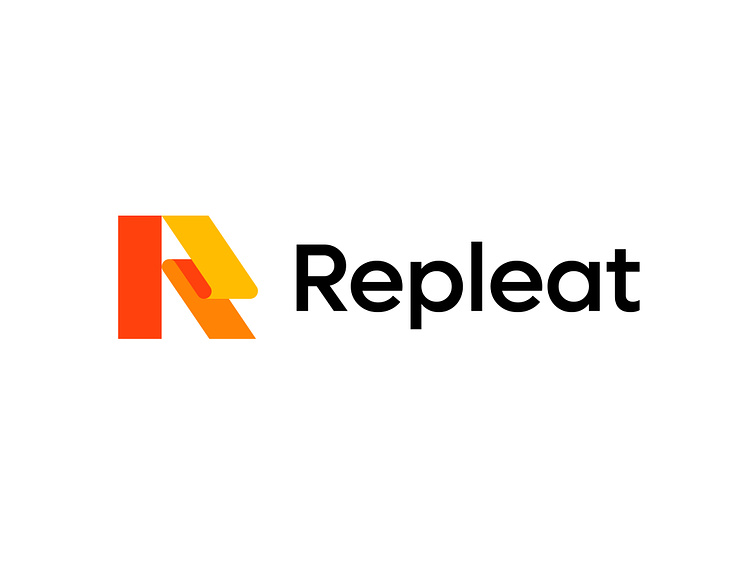
Logo by Vadim Carazan
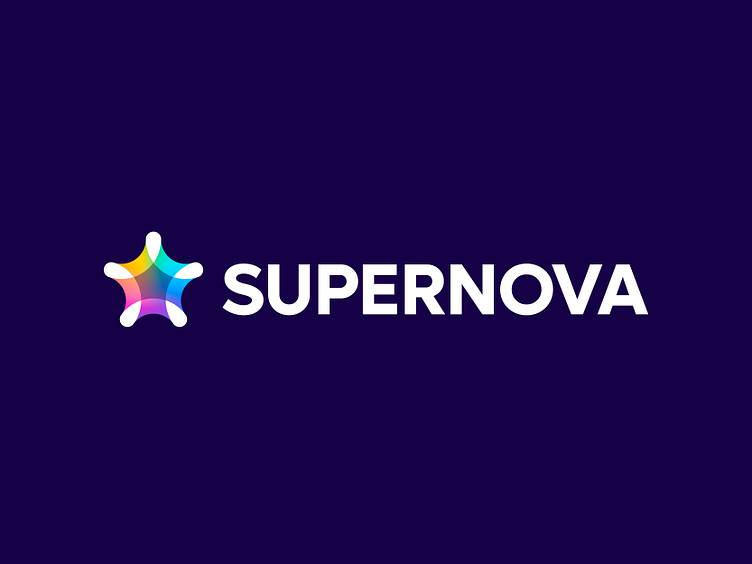
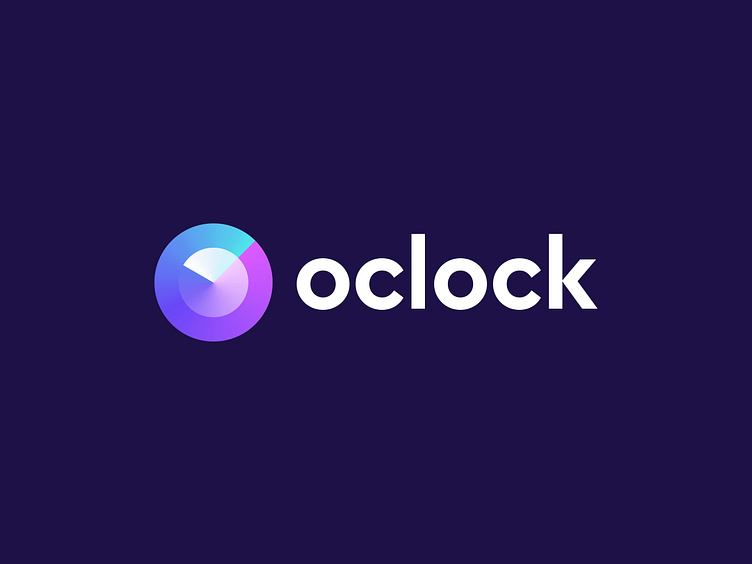
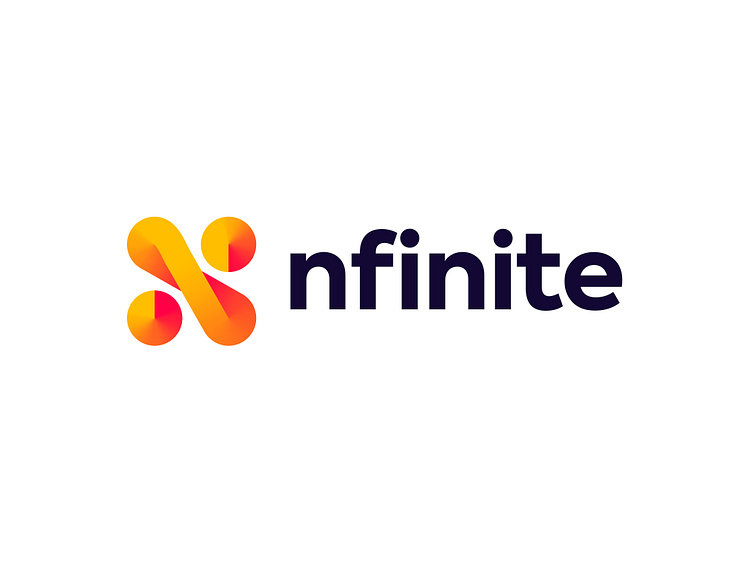
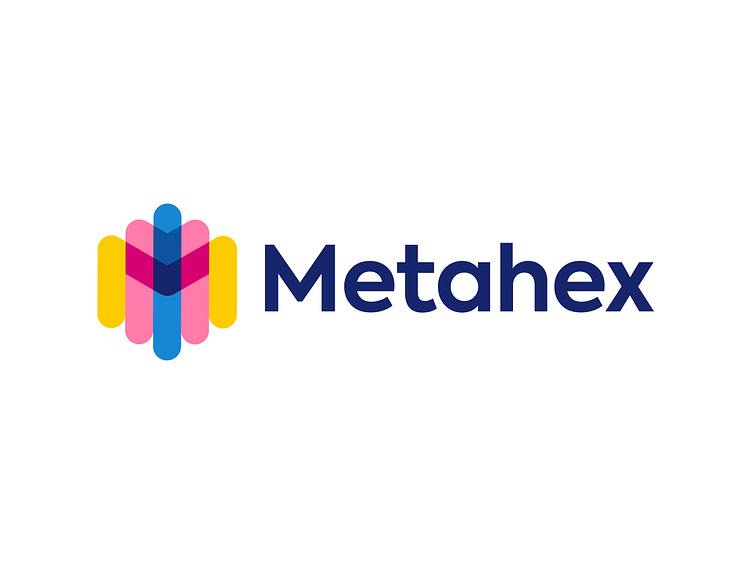
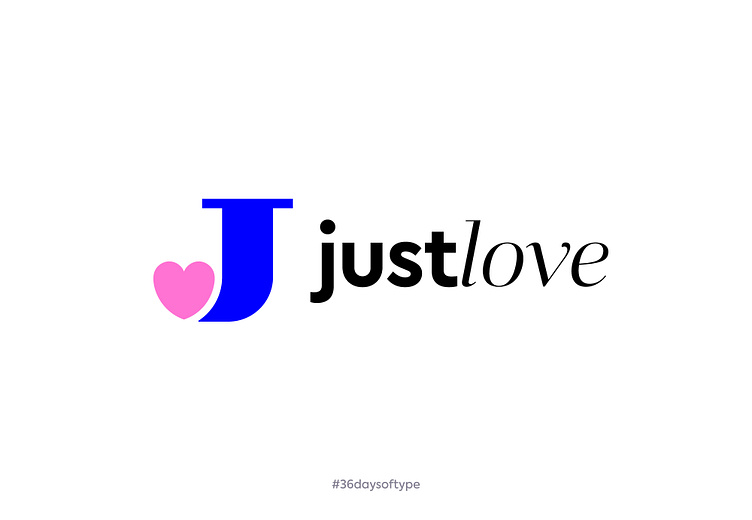
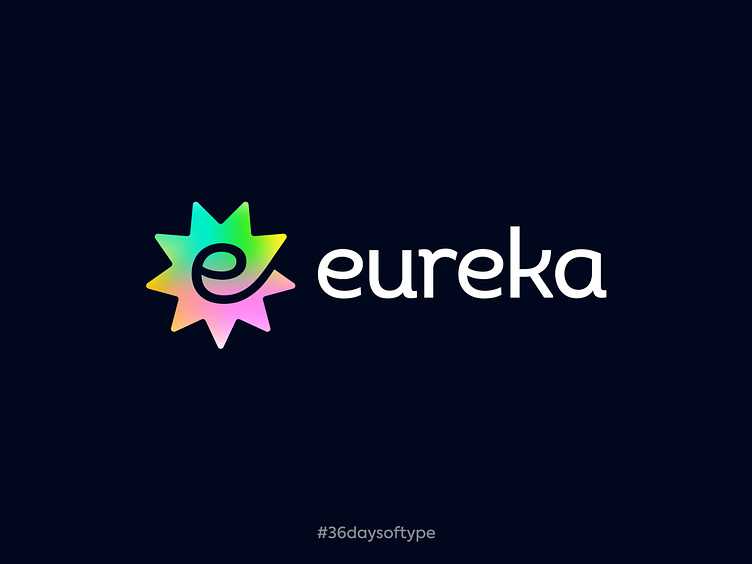
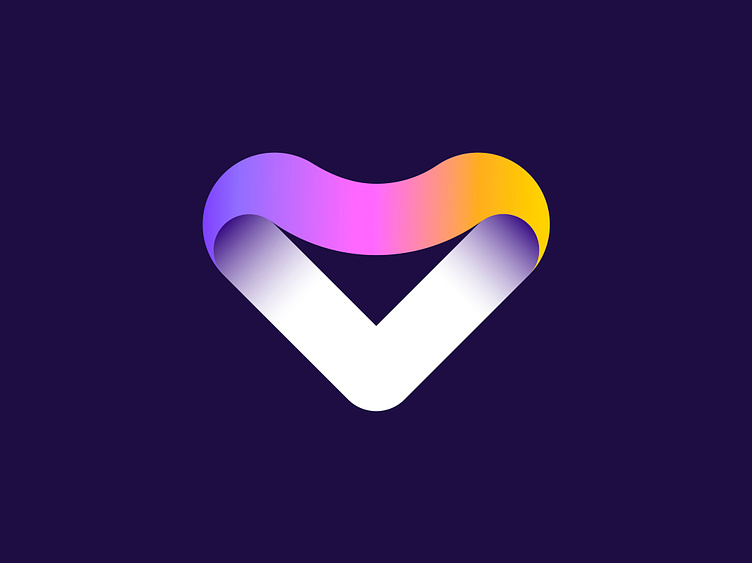

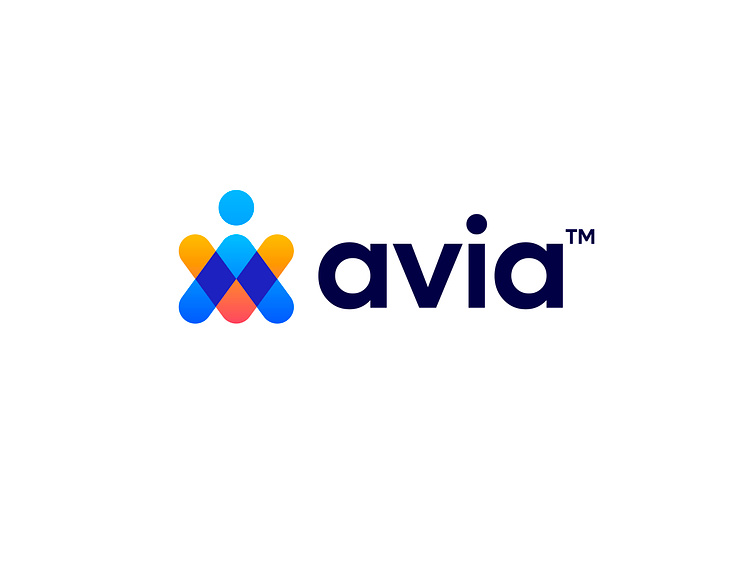
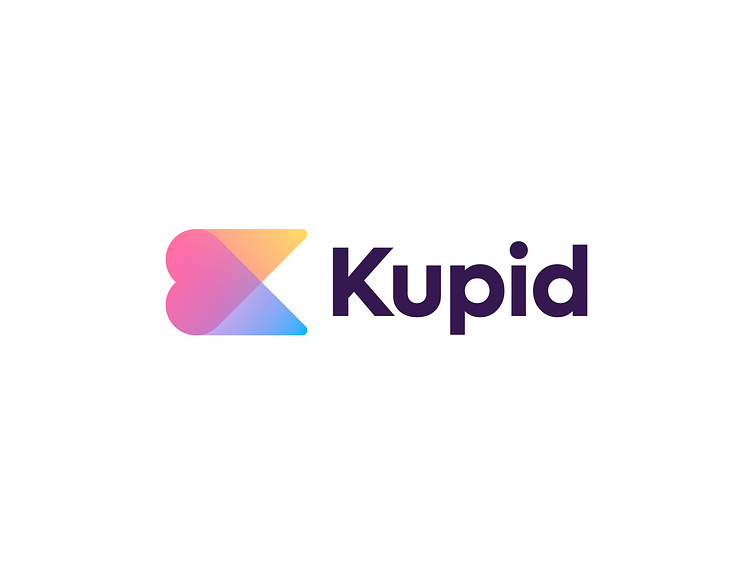
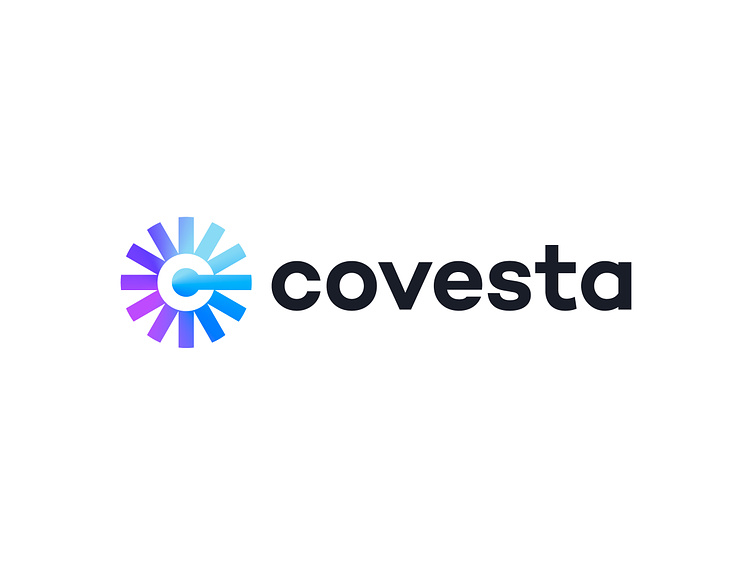
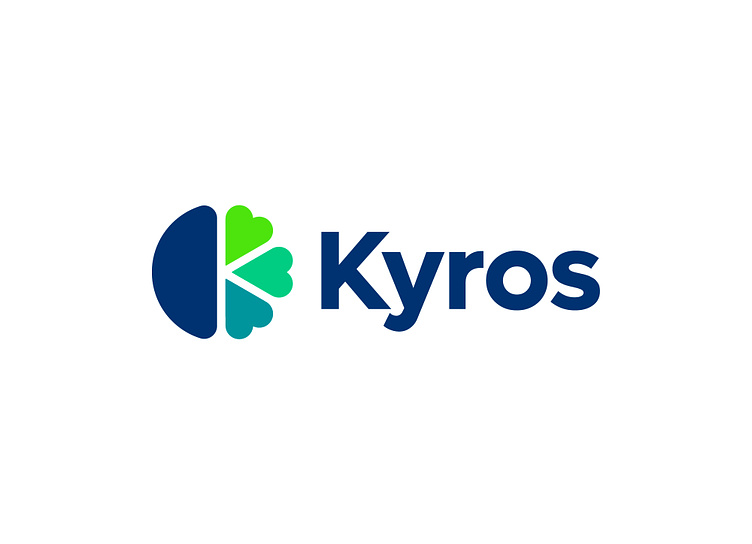
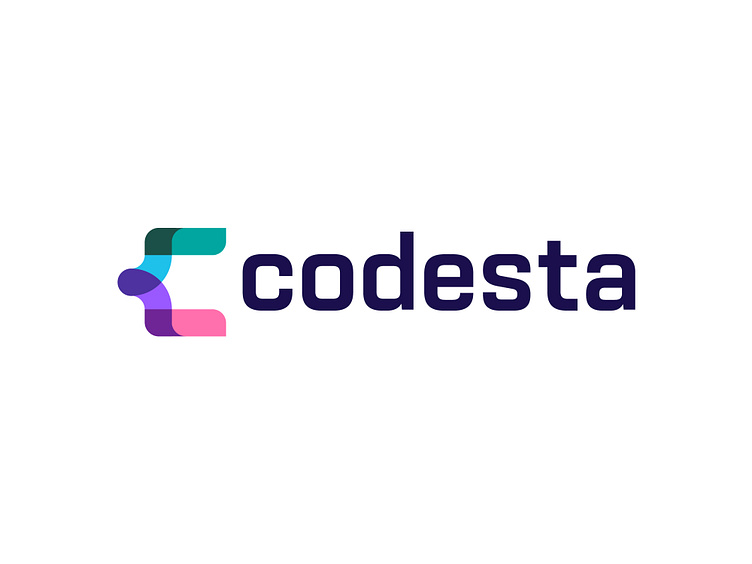
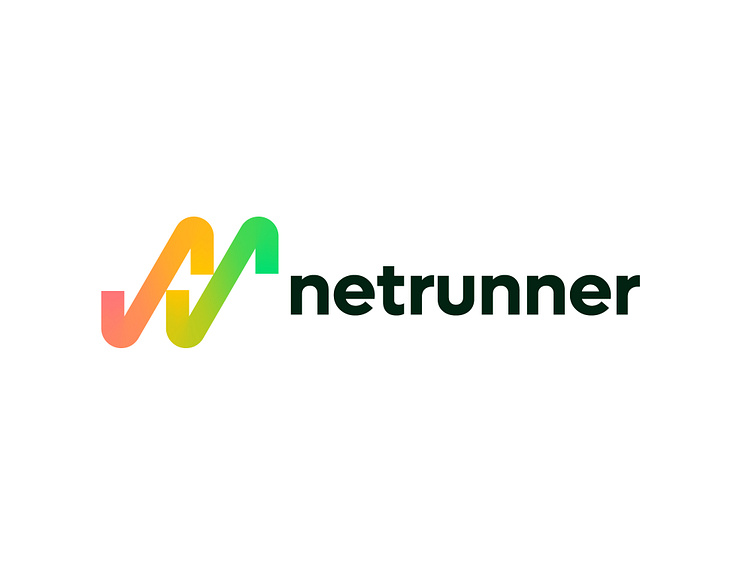
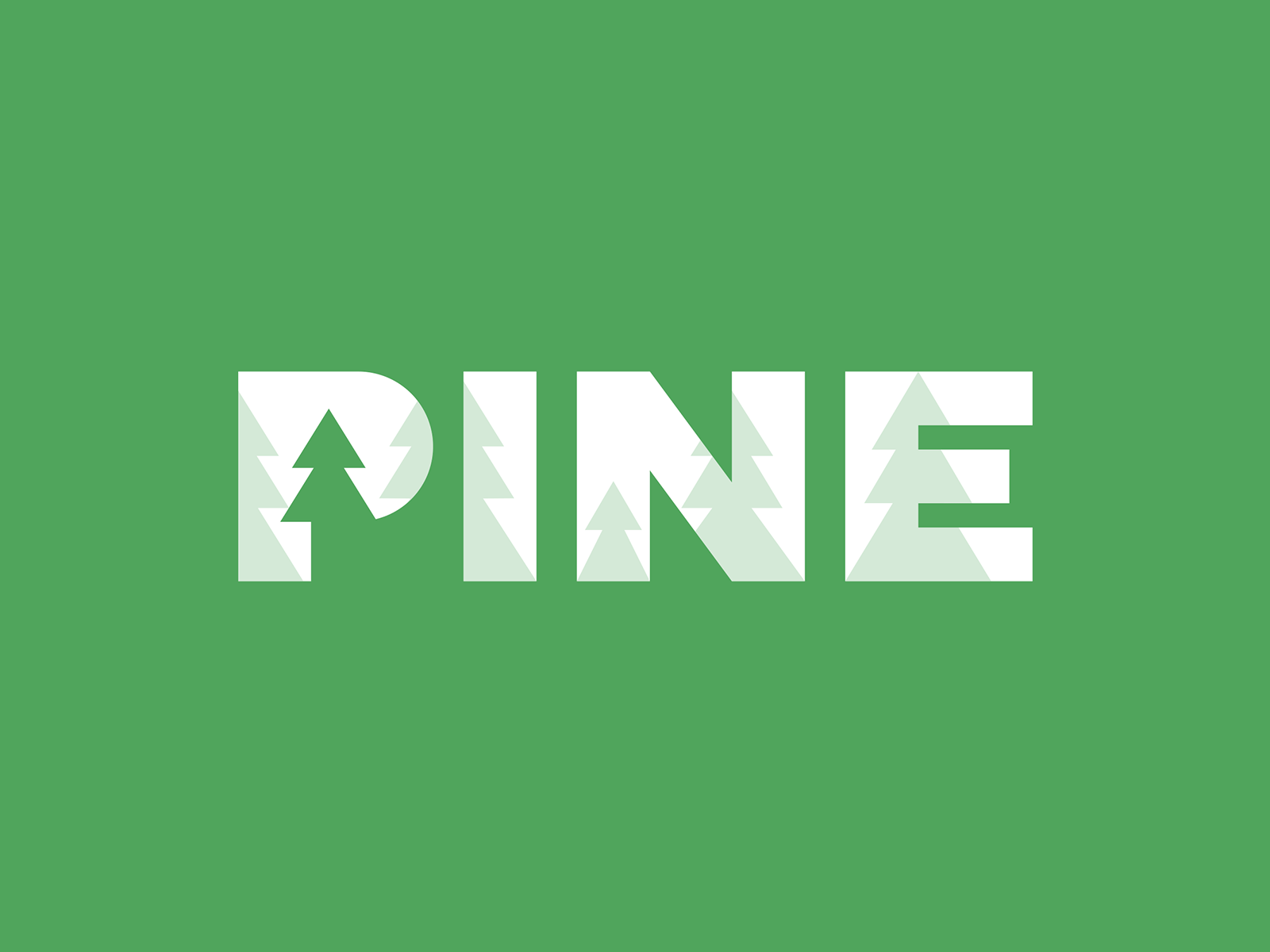
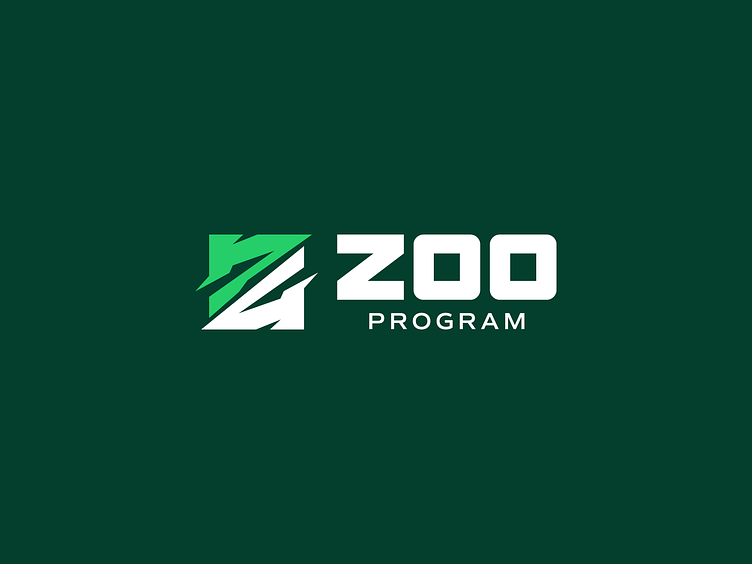
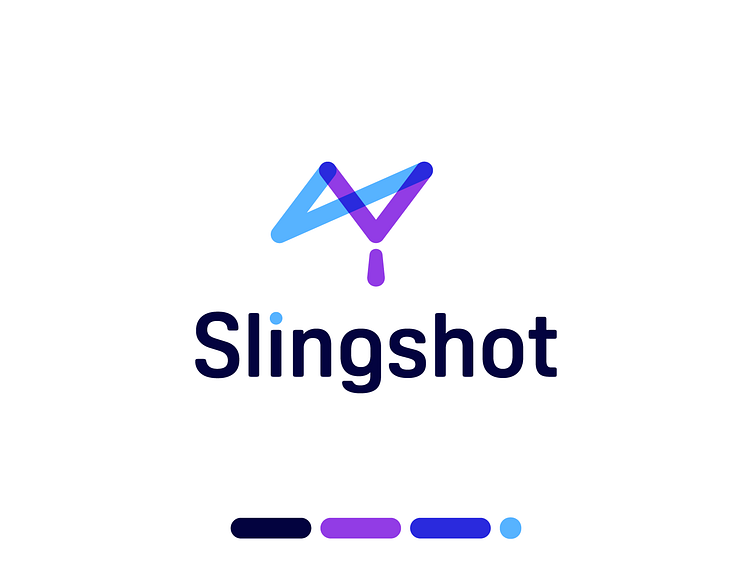
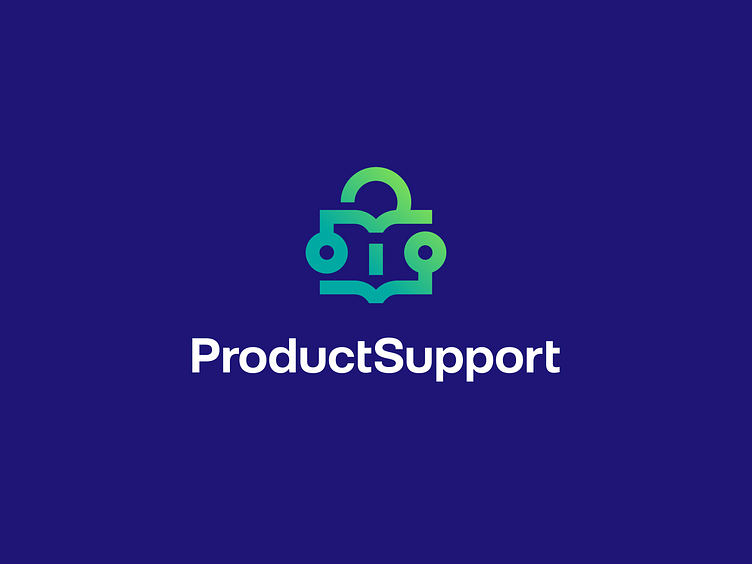
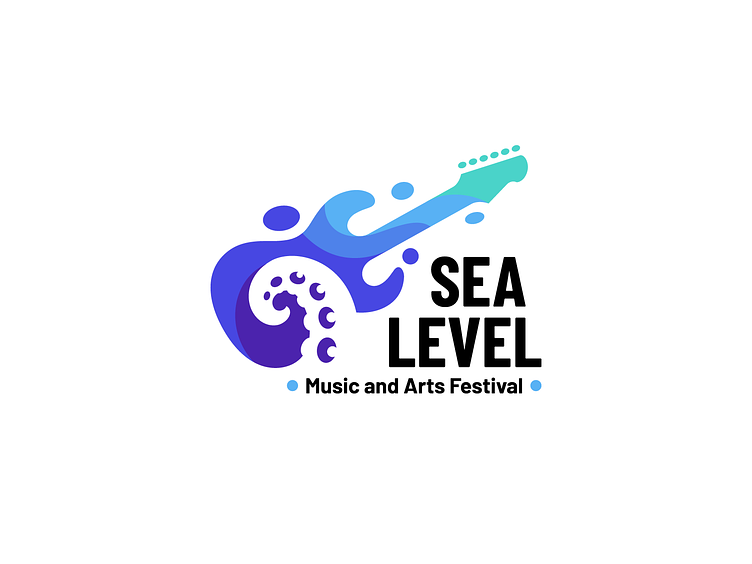
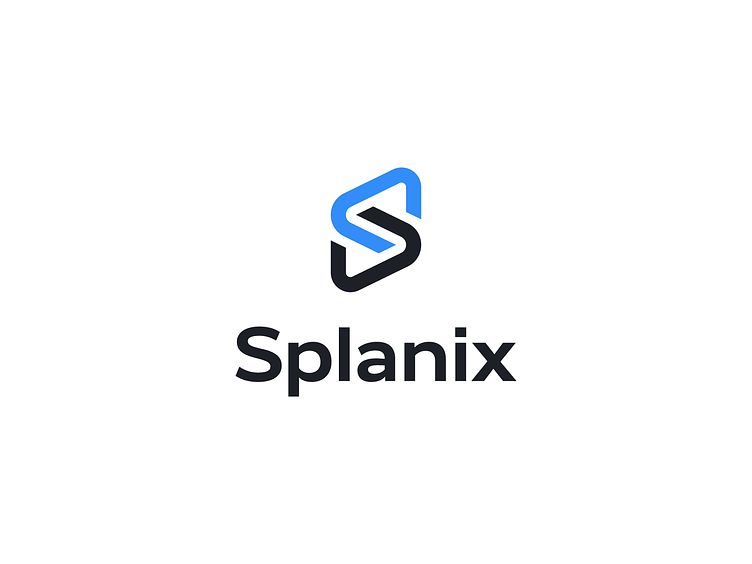

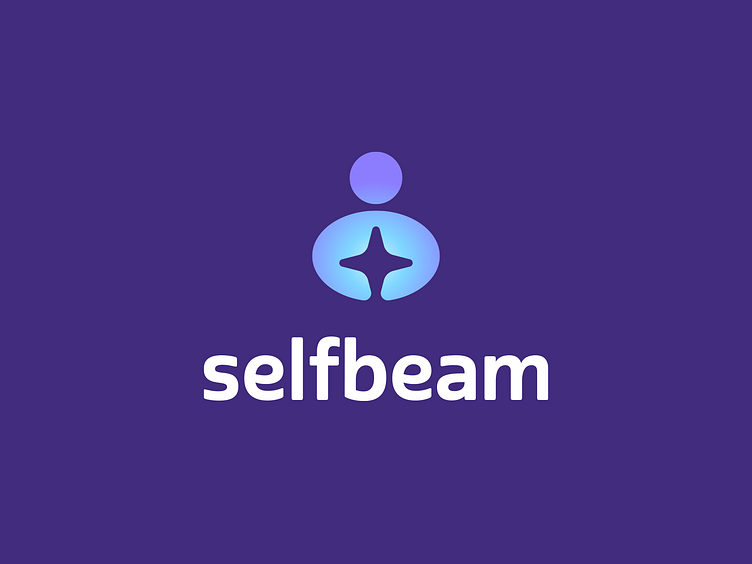

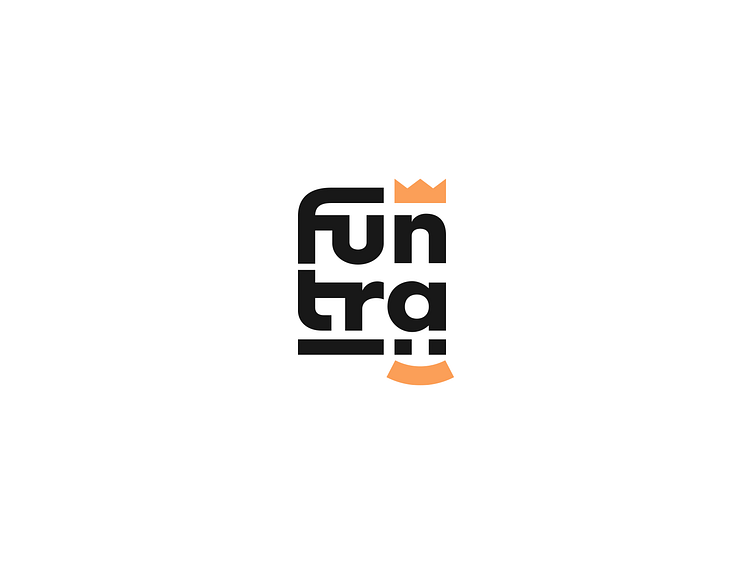
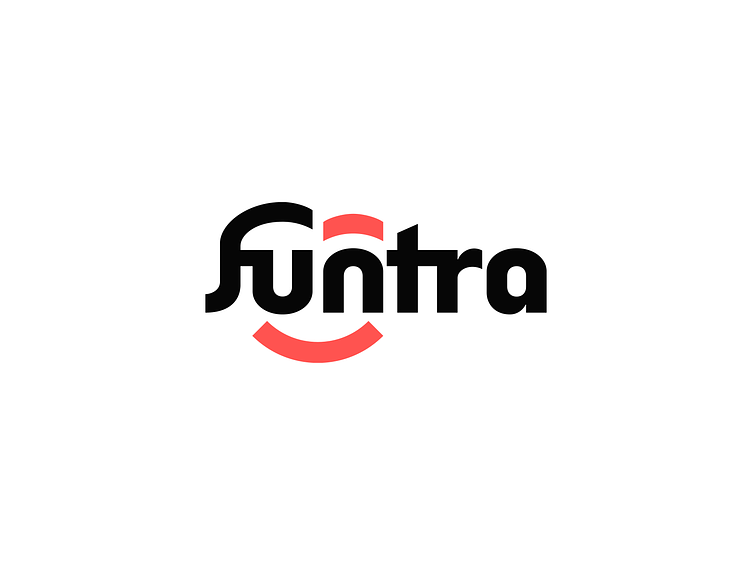
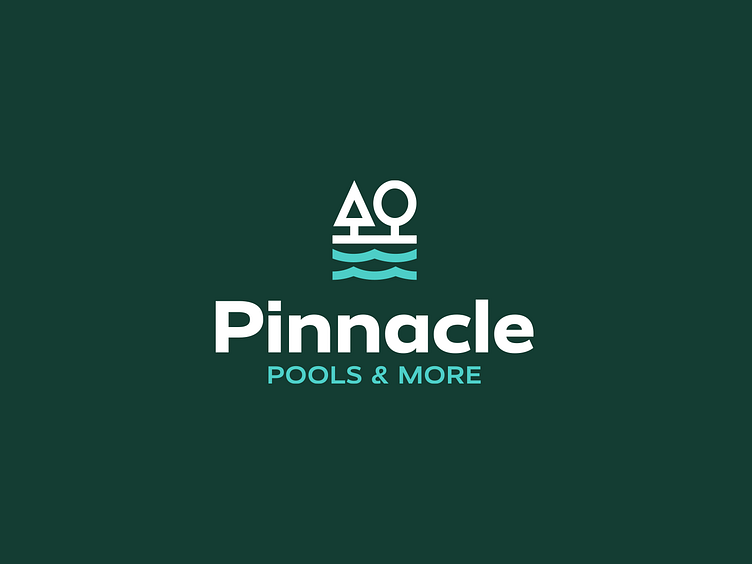


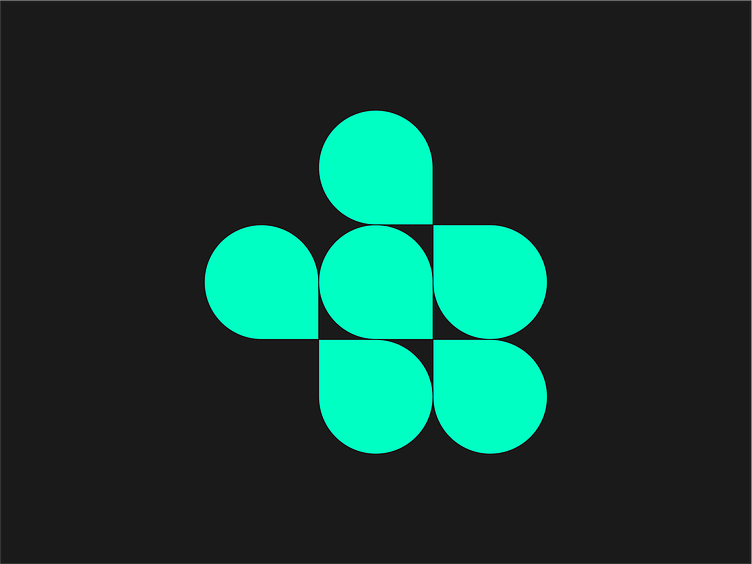
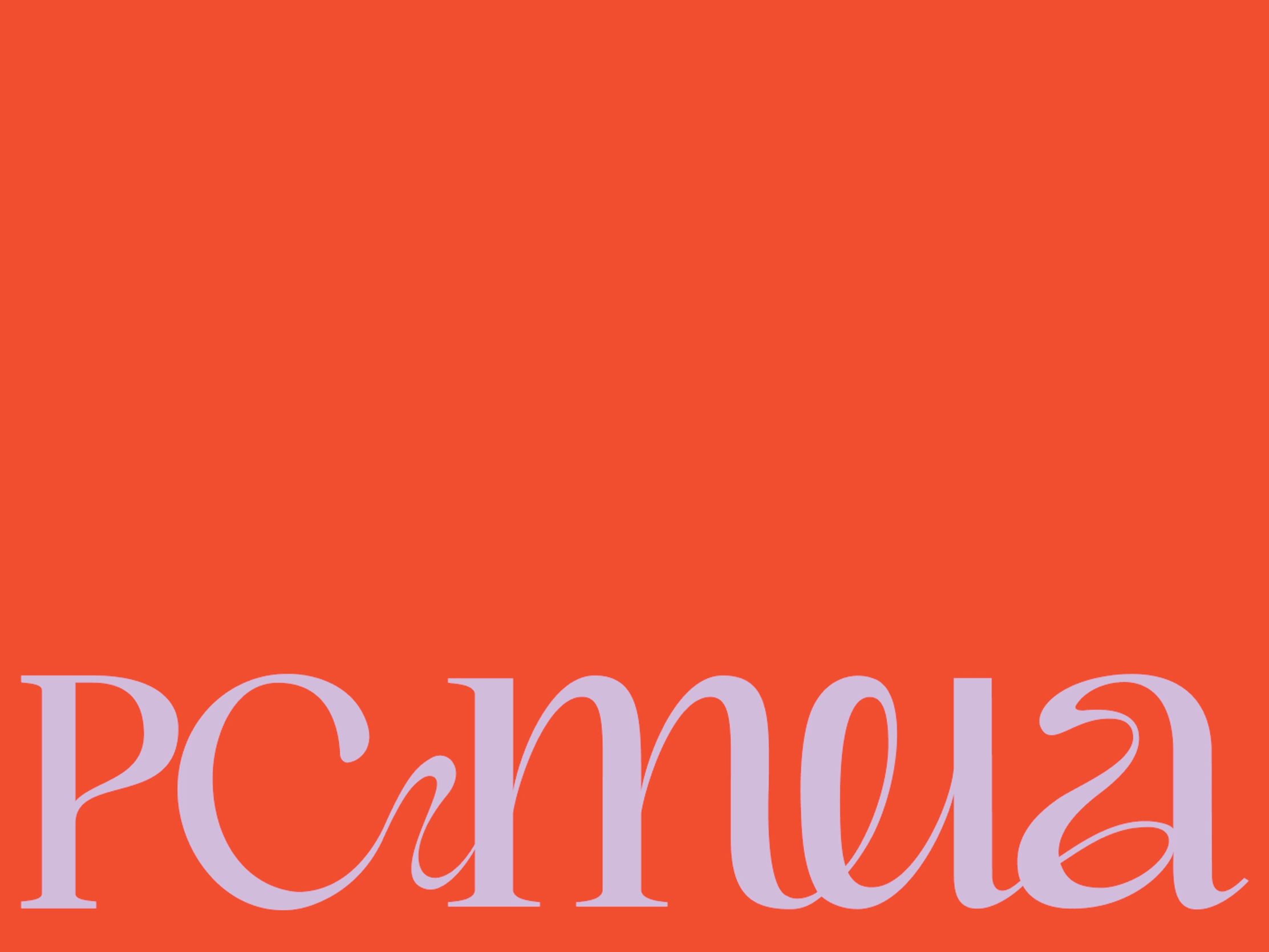
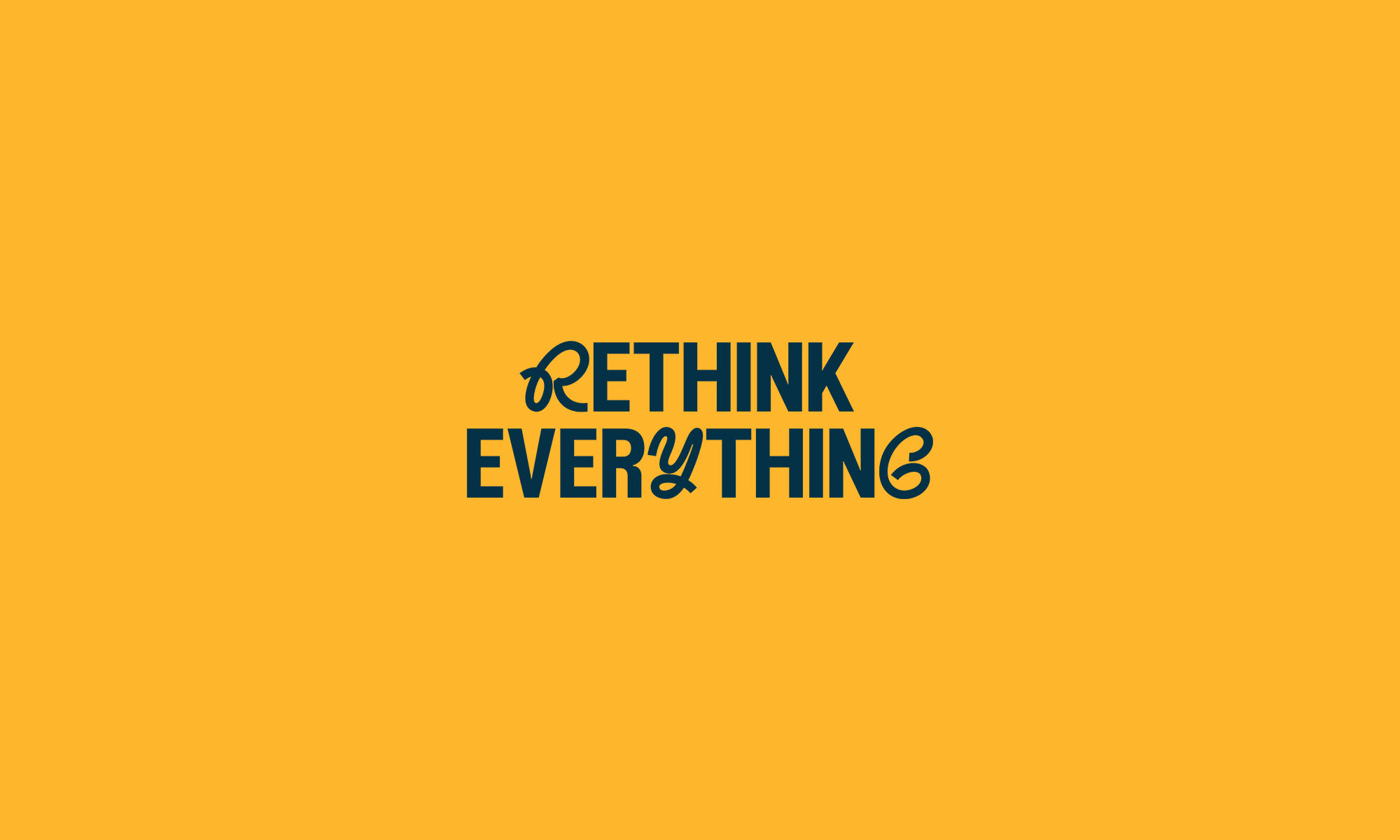
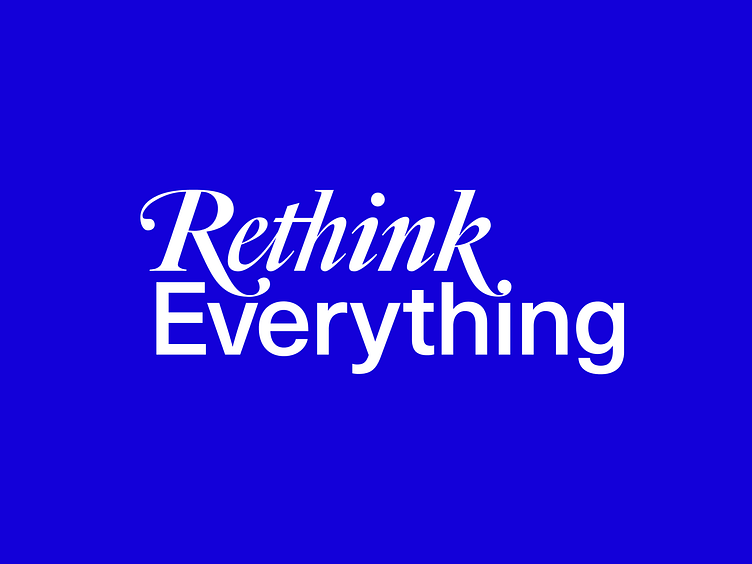
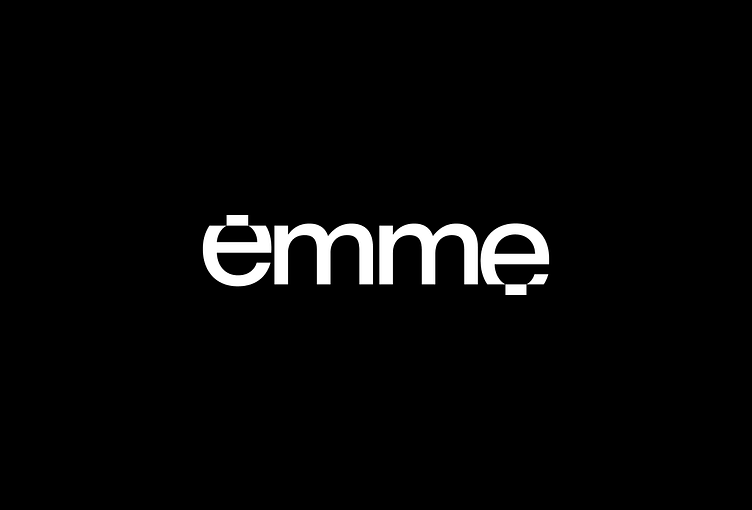

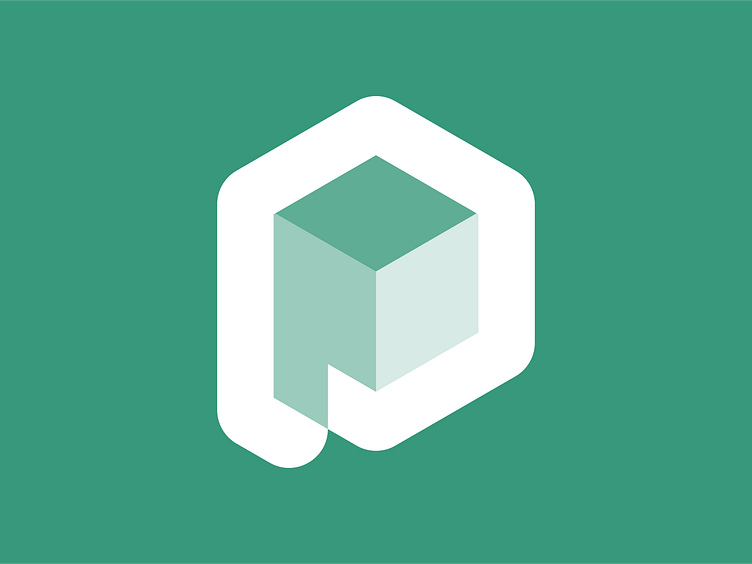

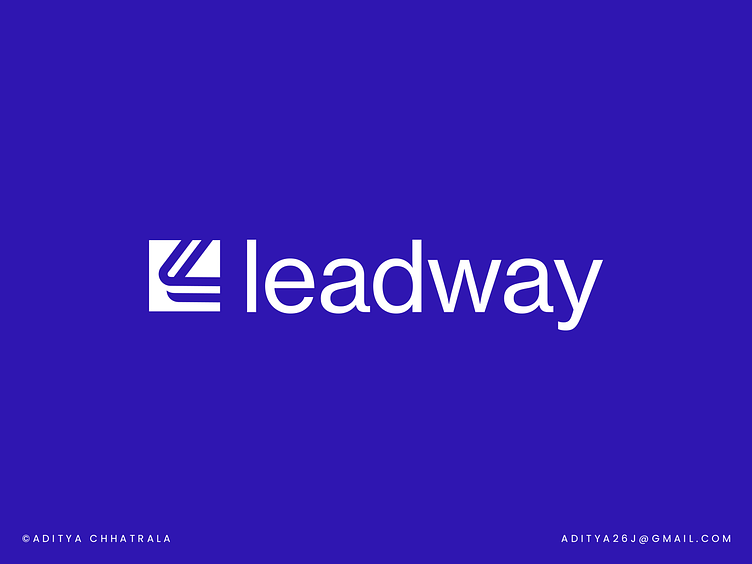
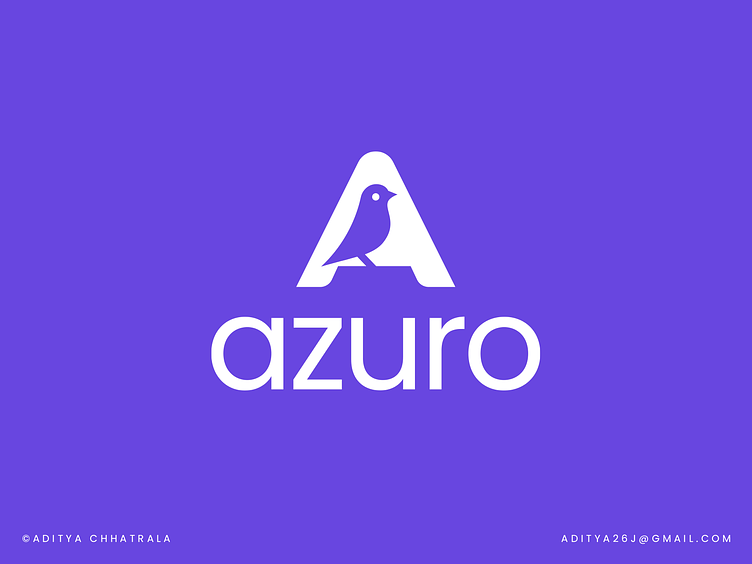
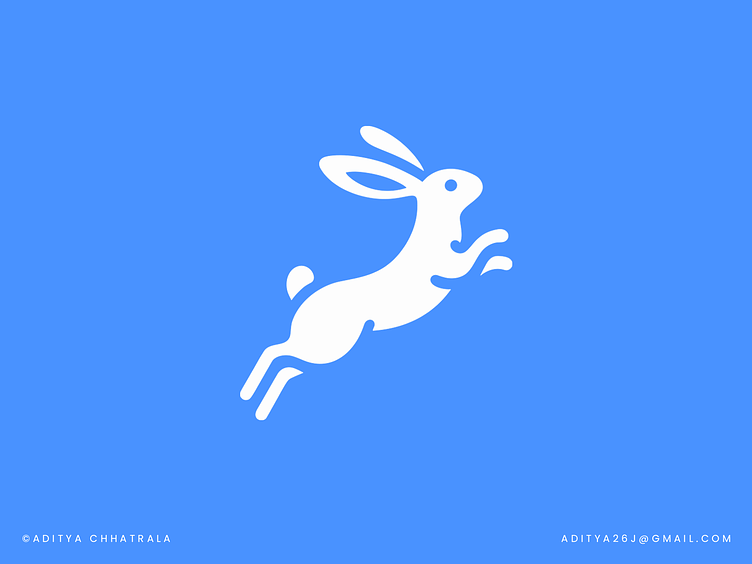
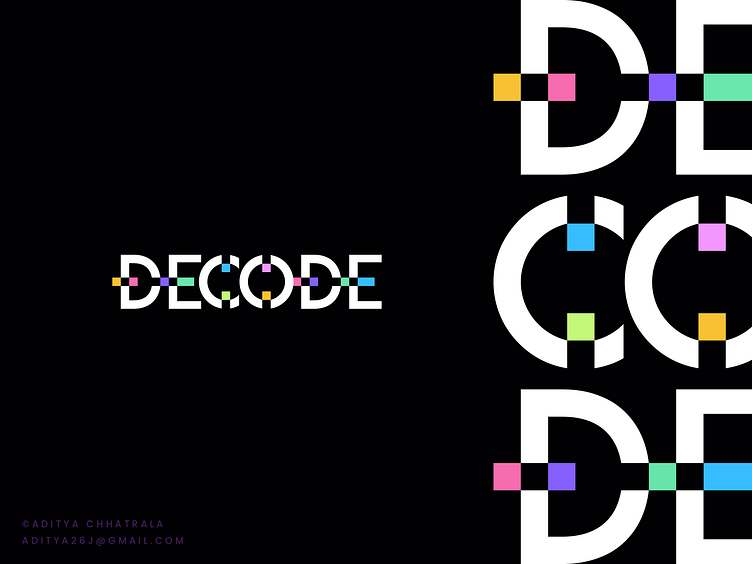
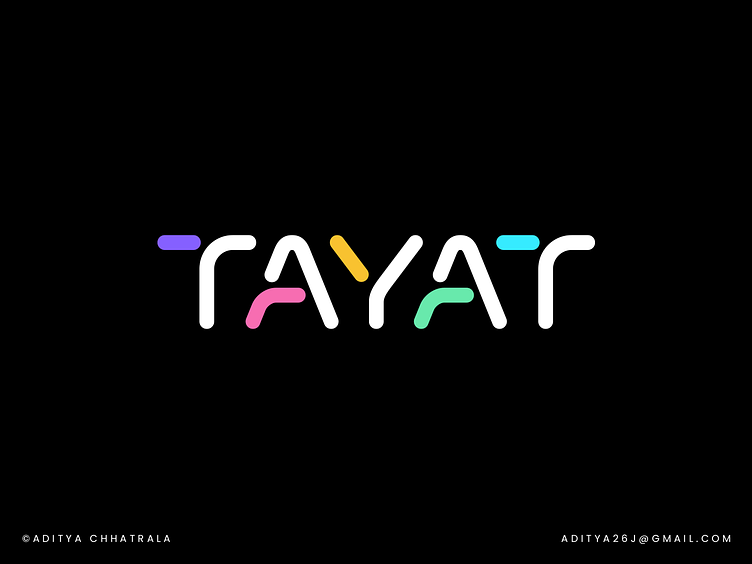
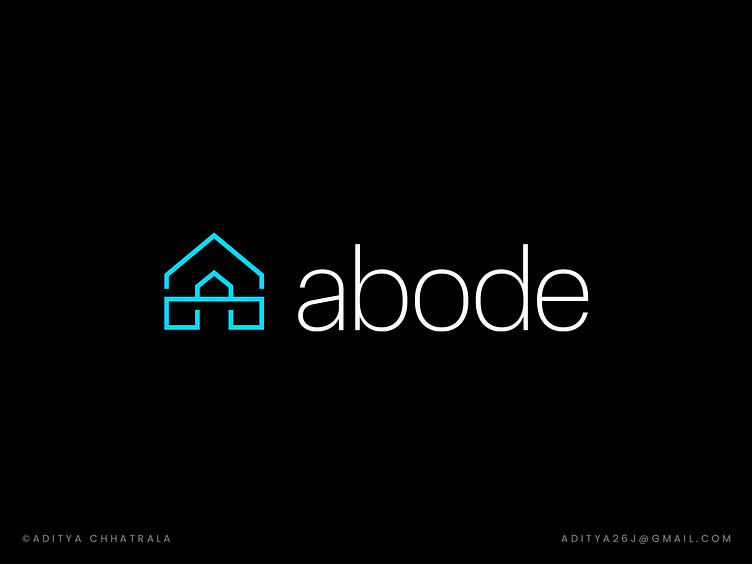
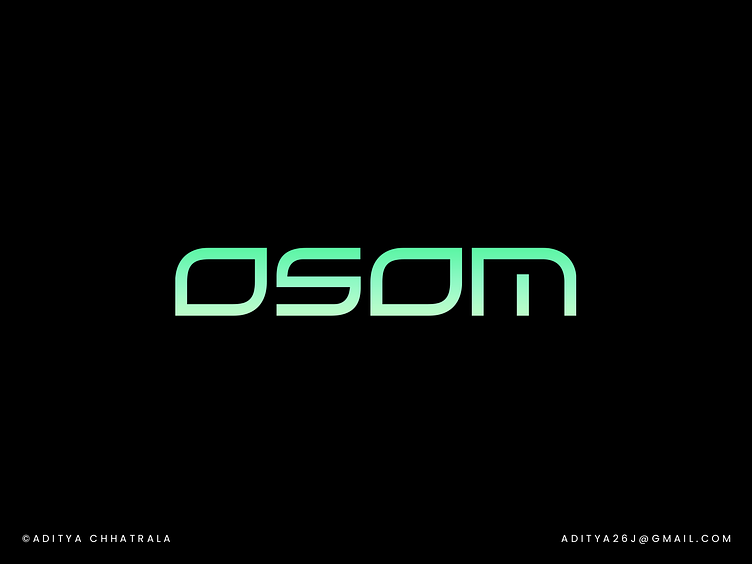
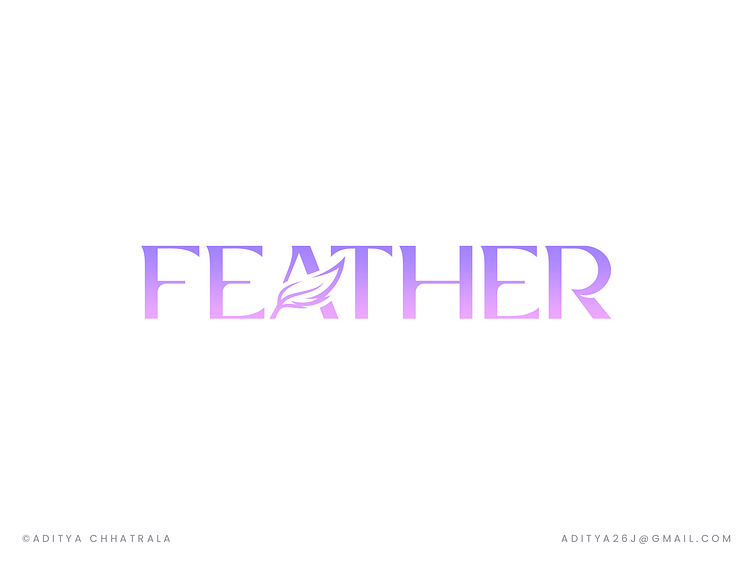
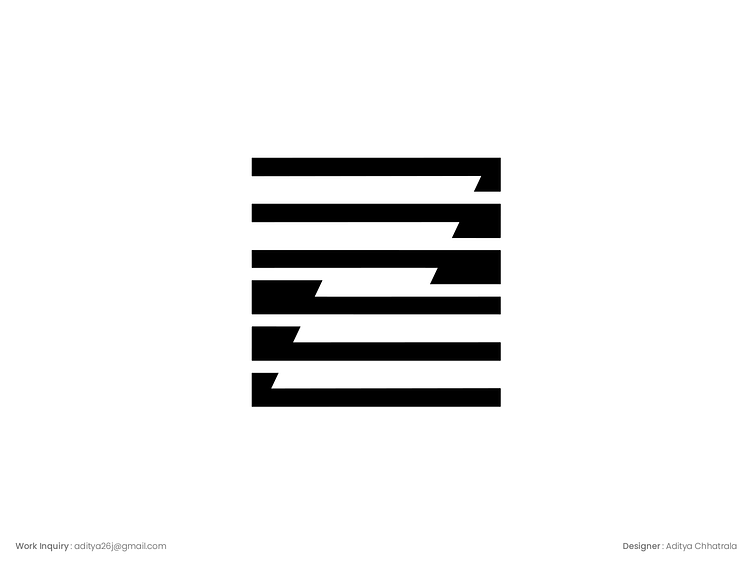
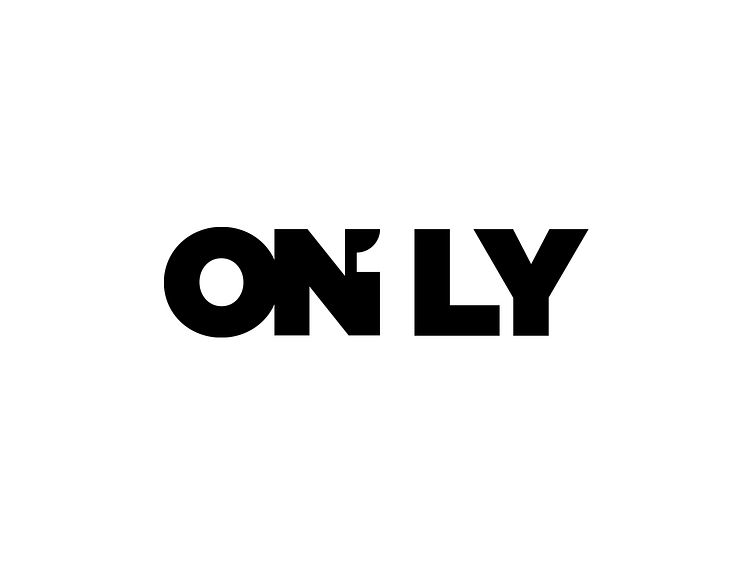
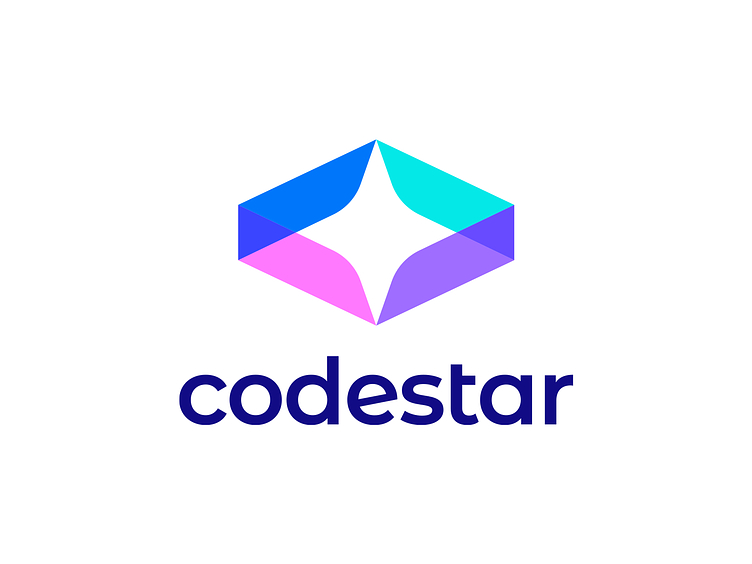
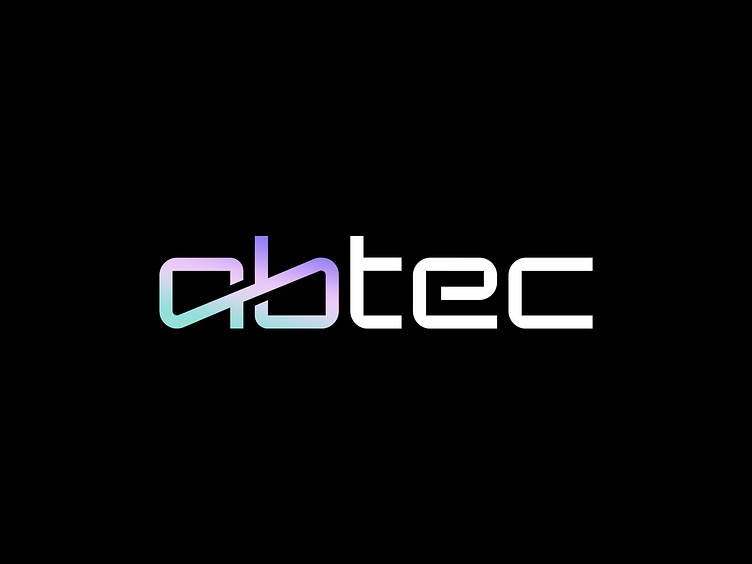
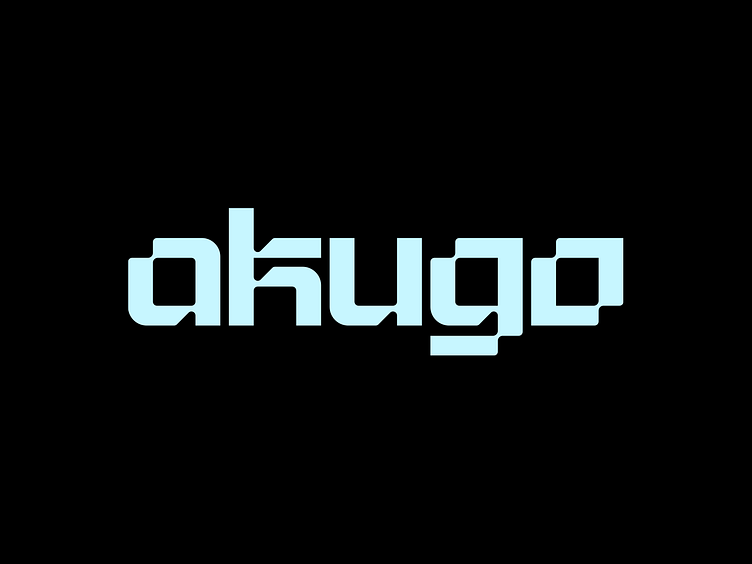
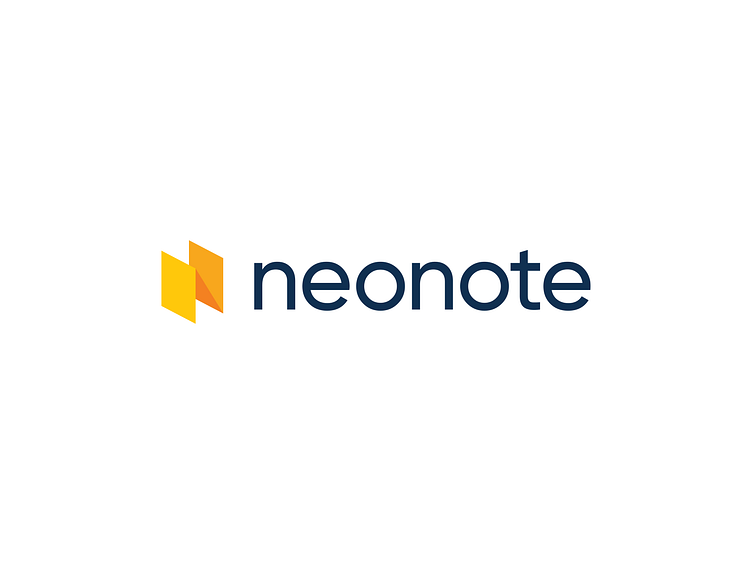
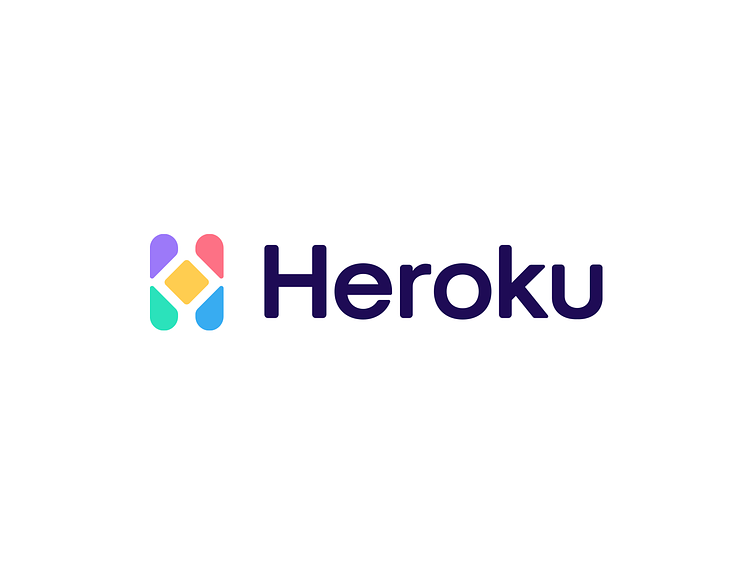
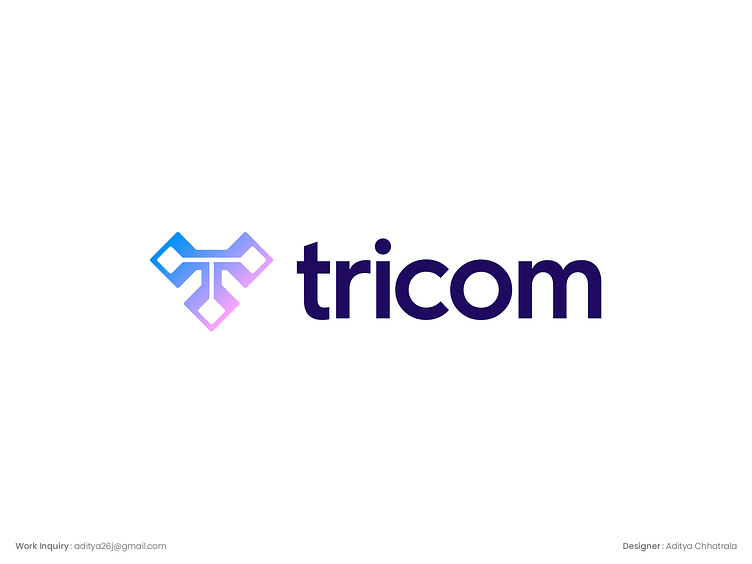
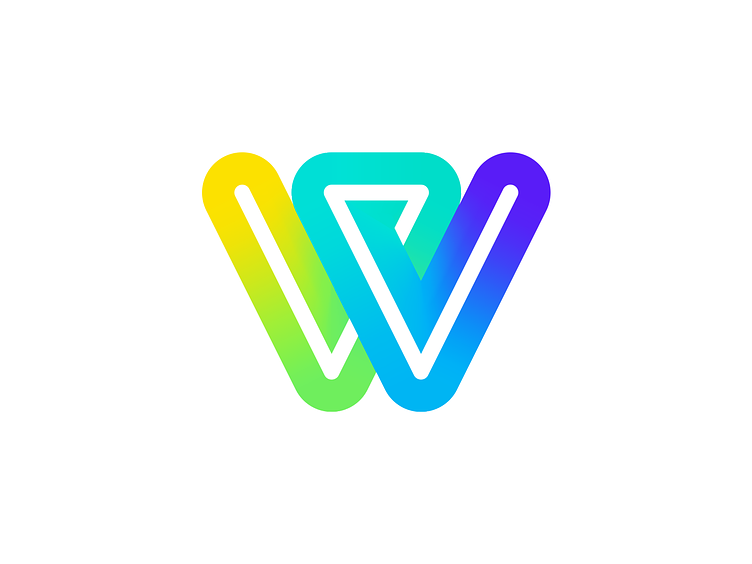
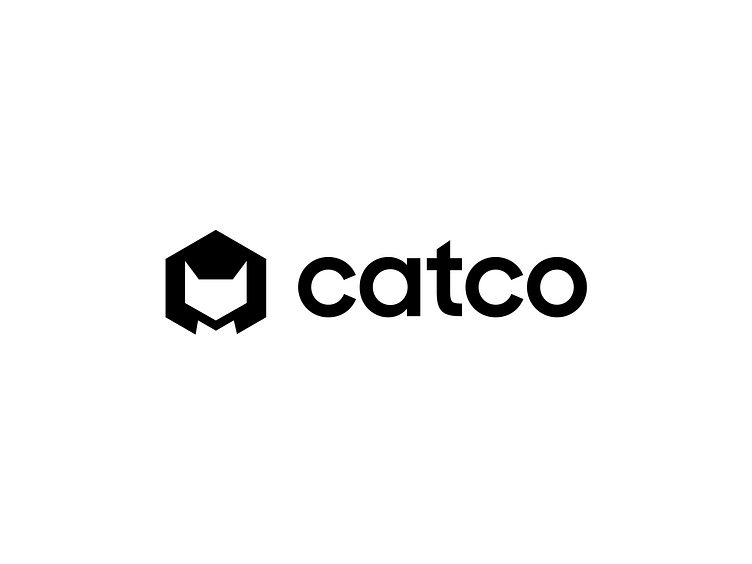
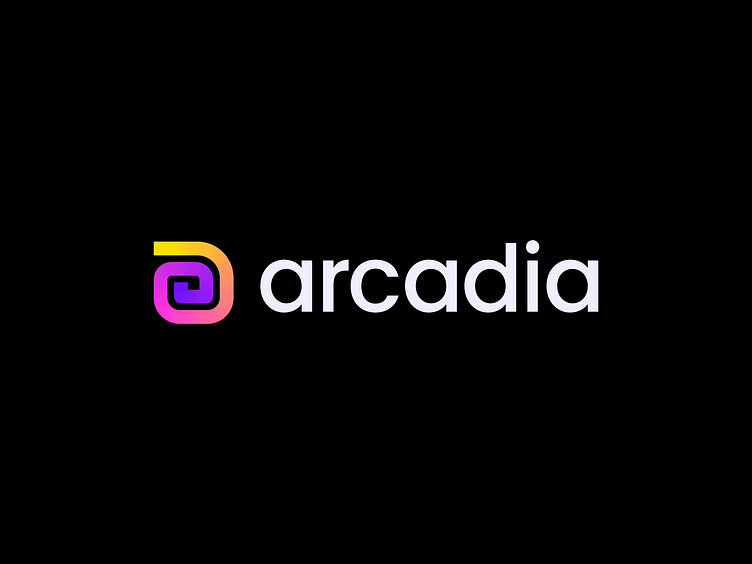
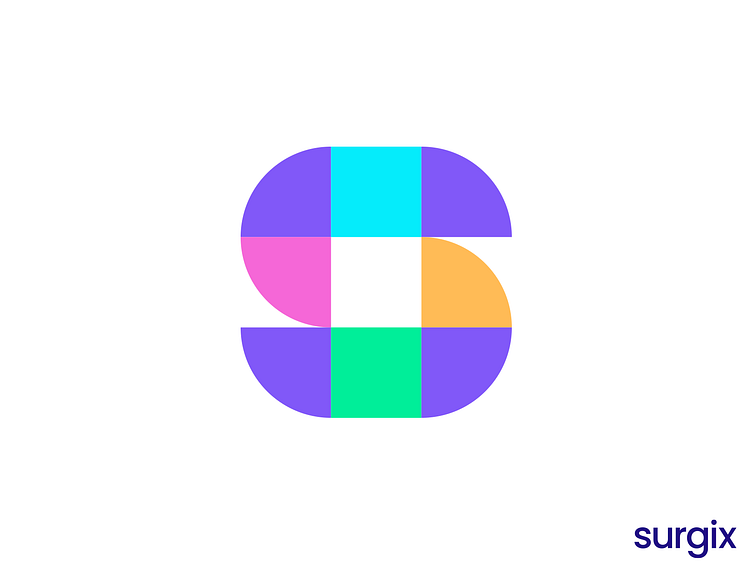

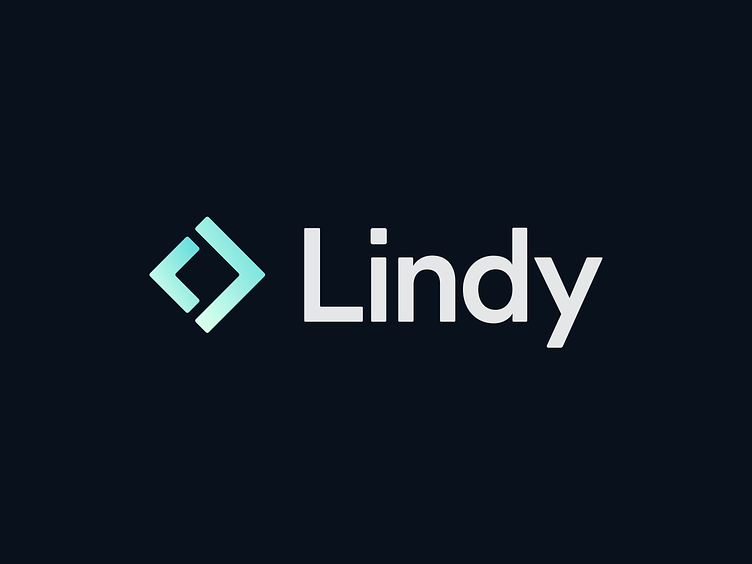
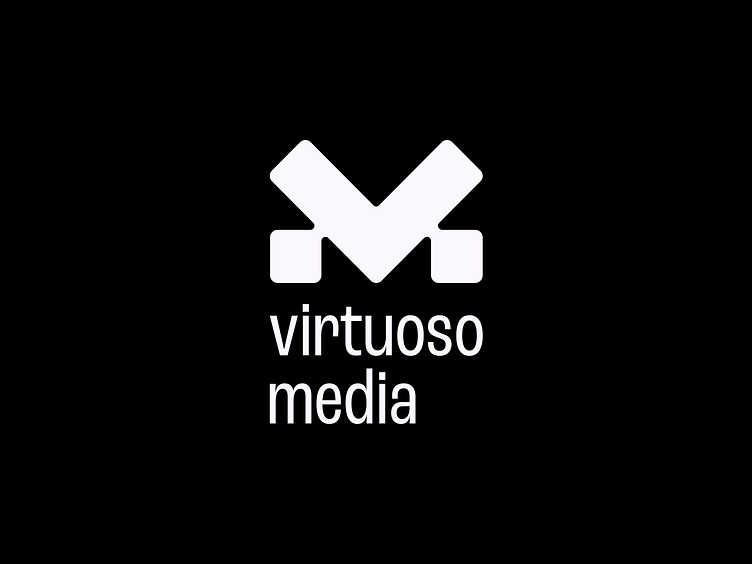
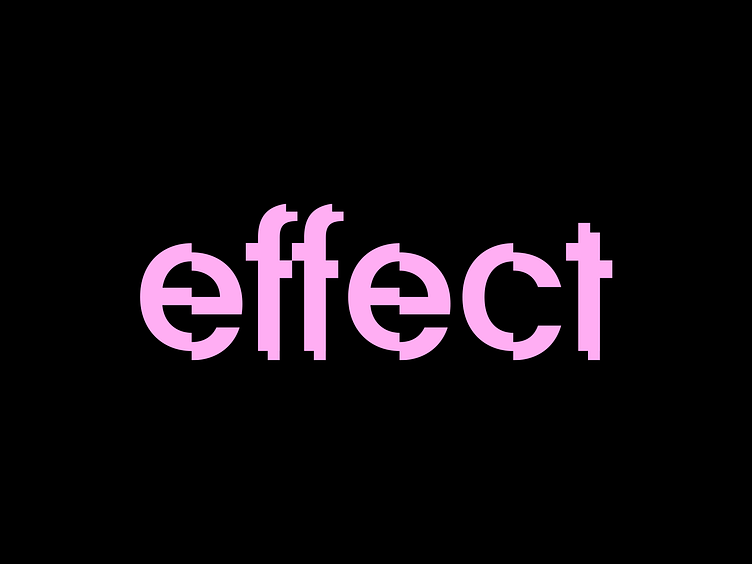
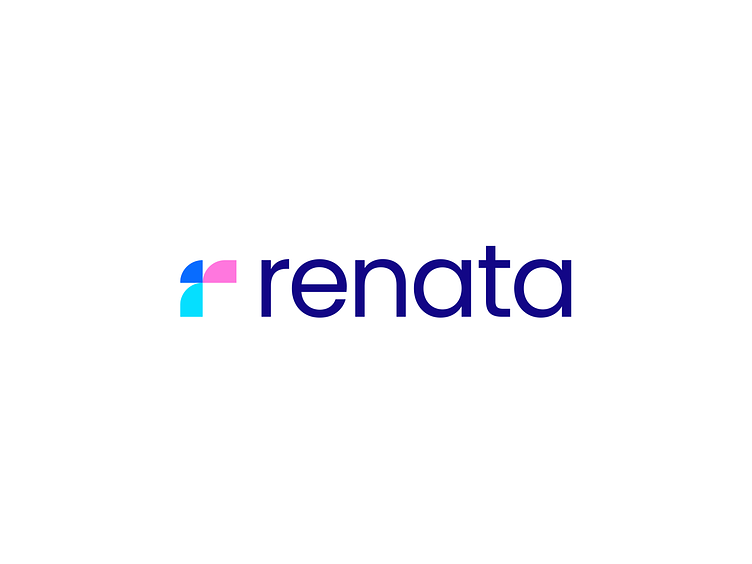
Conclusion
Devising an elaborate logo design requires appeal to multiple ready-made images. The more inspiration you experience the more smooth the final result will be. Scrutinize your design area to run into an innovative idea.
I’m a product and graphic designer with 10-years background. Writing about branding, logo creation and business.

